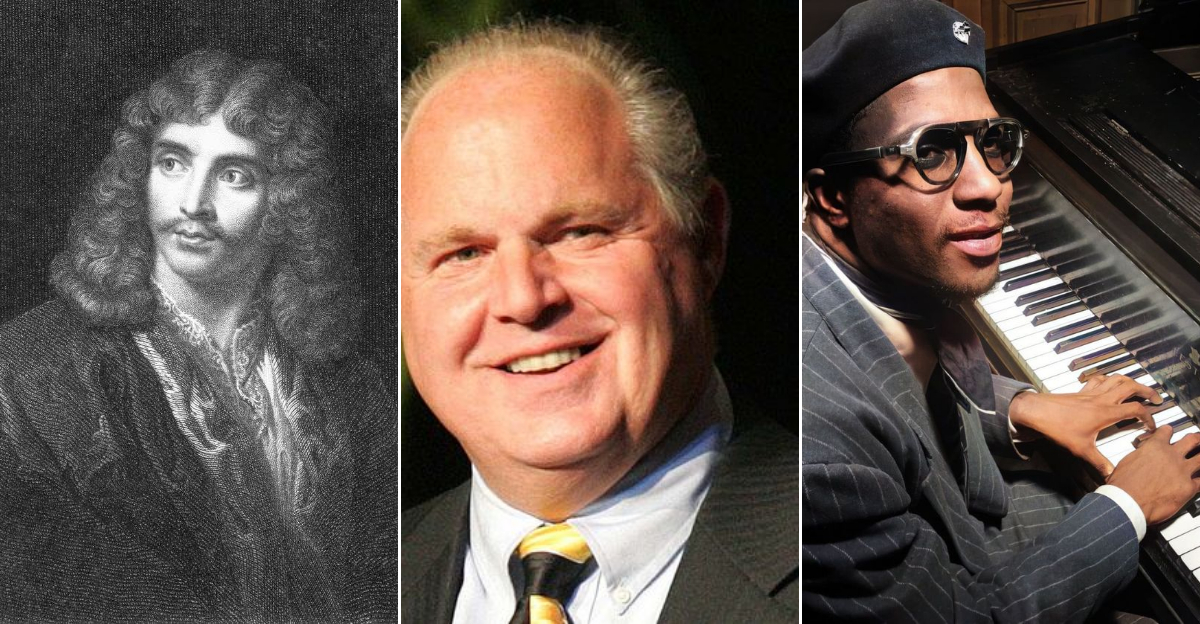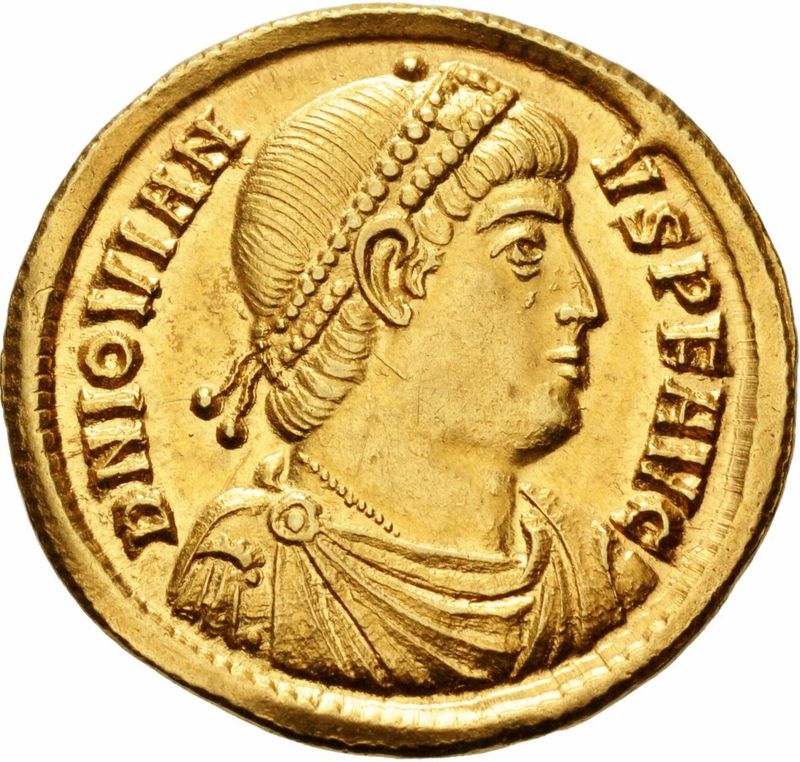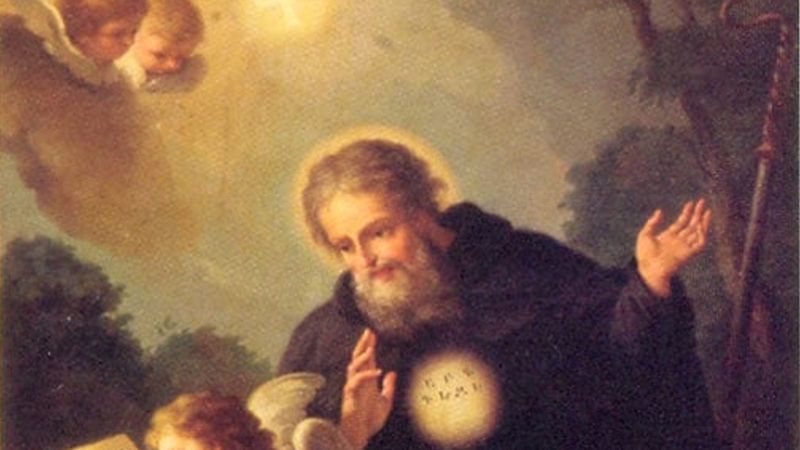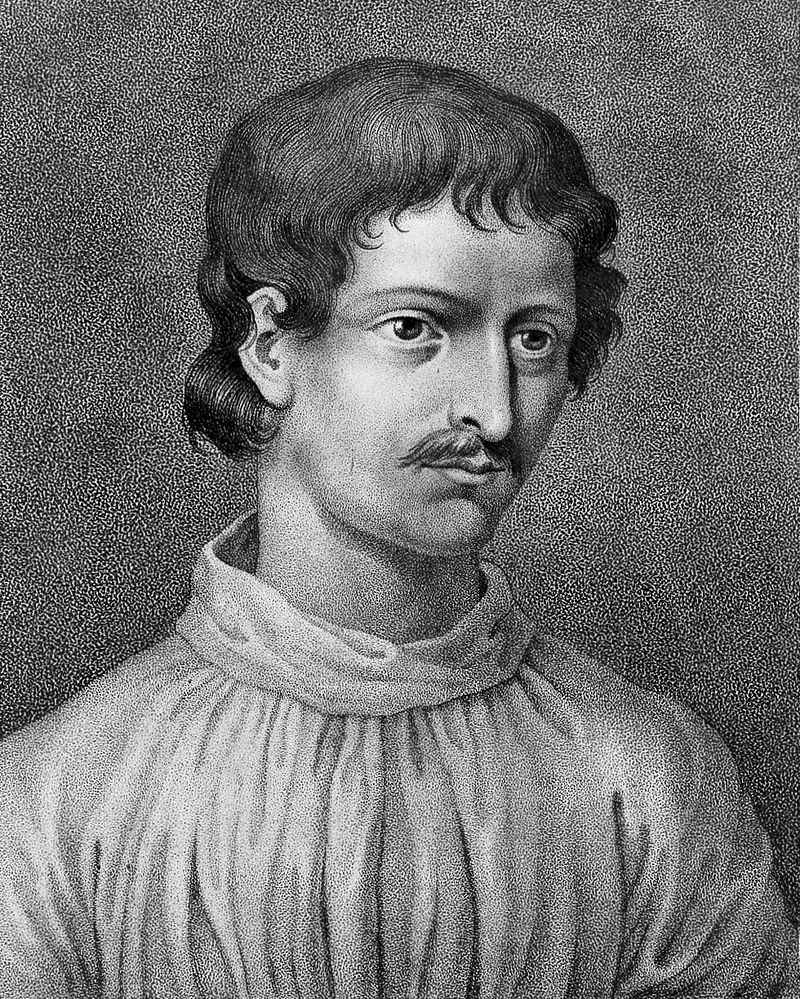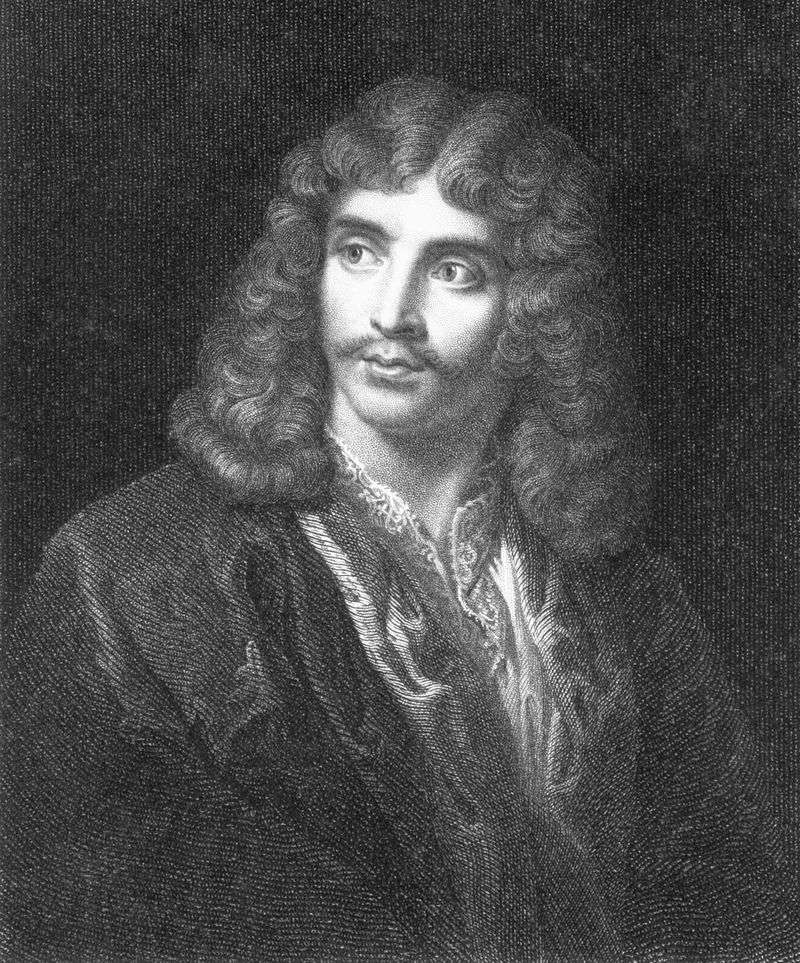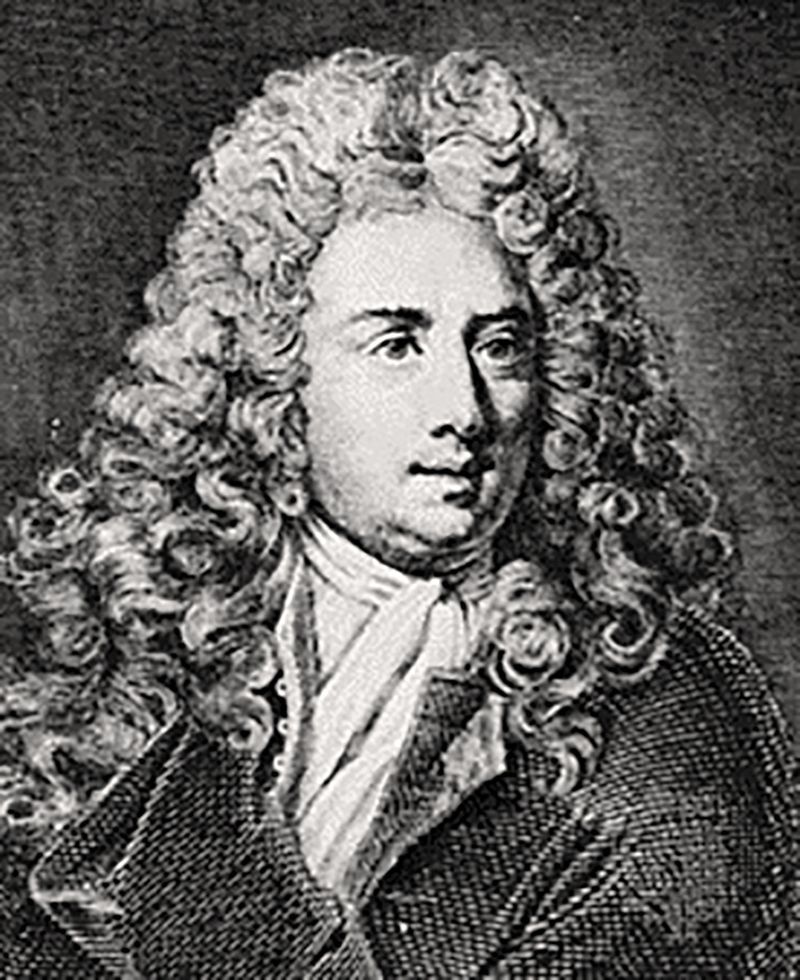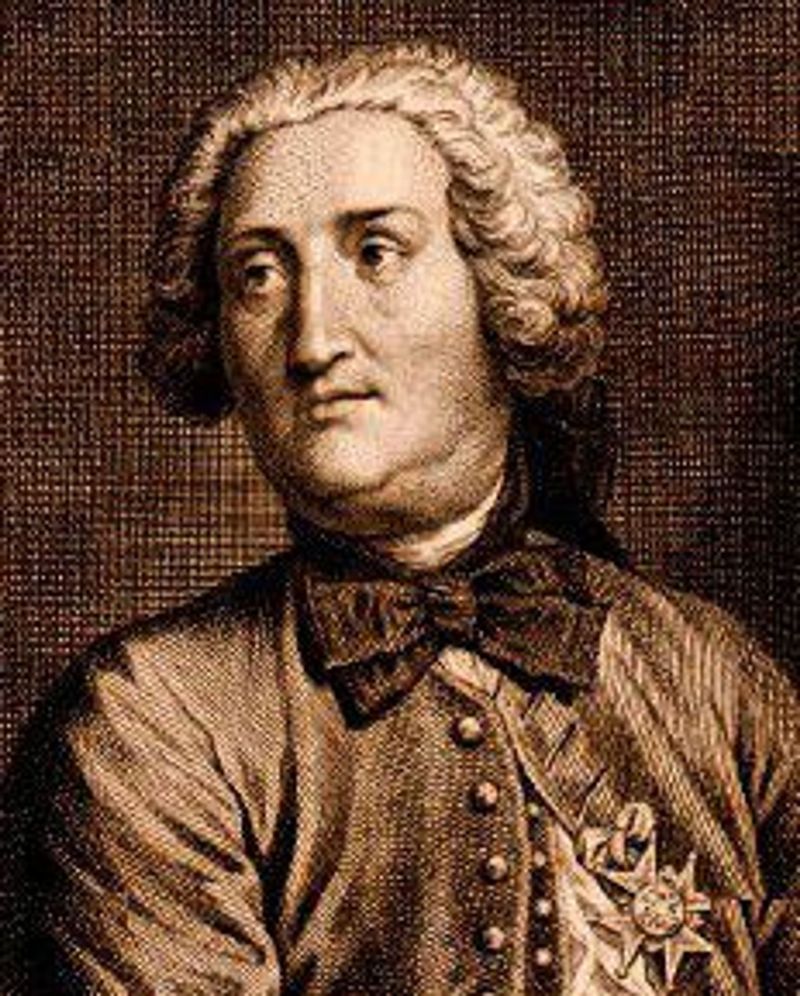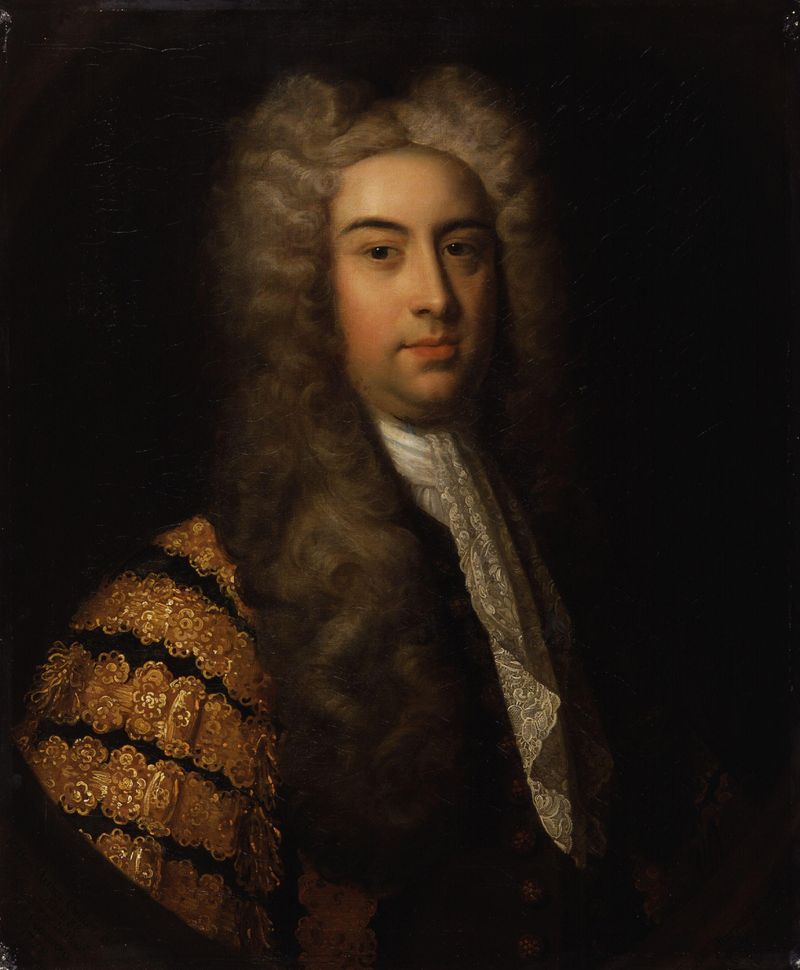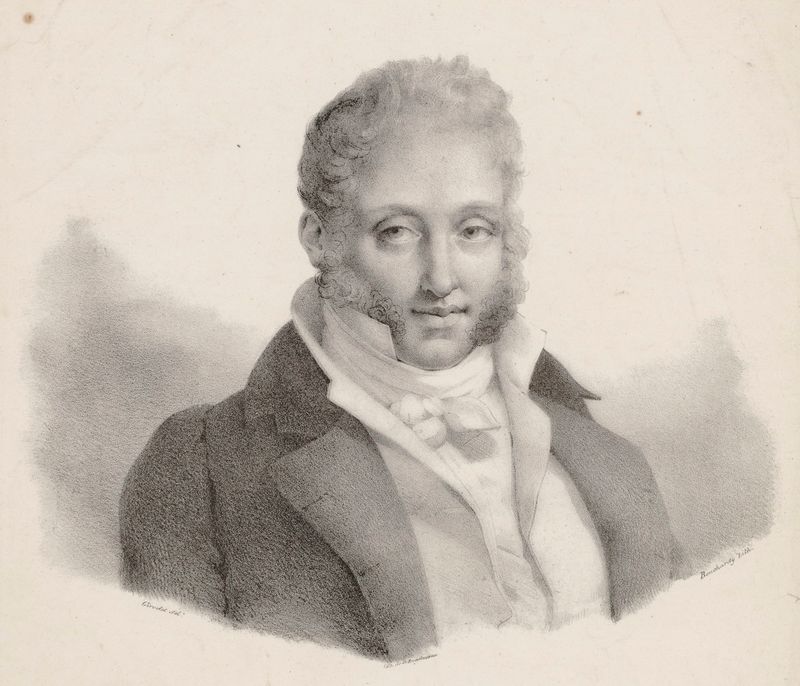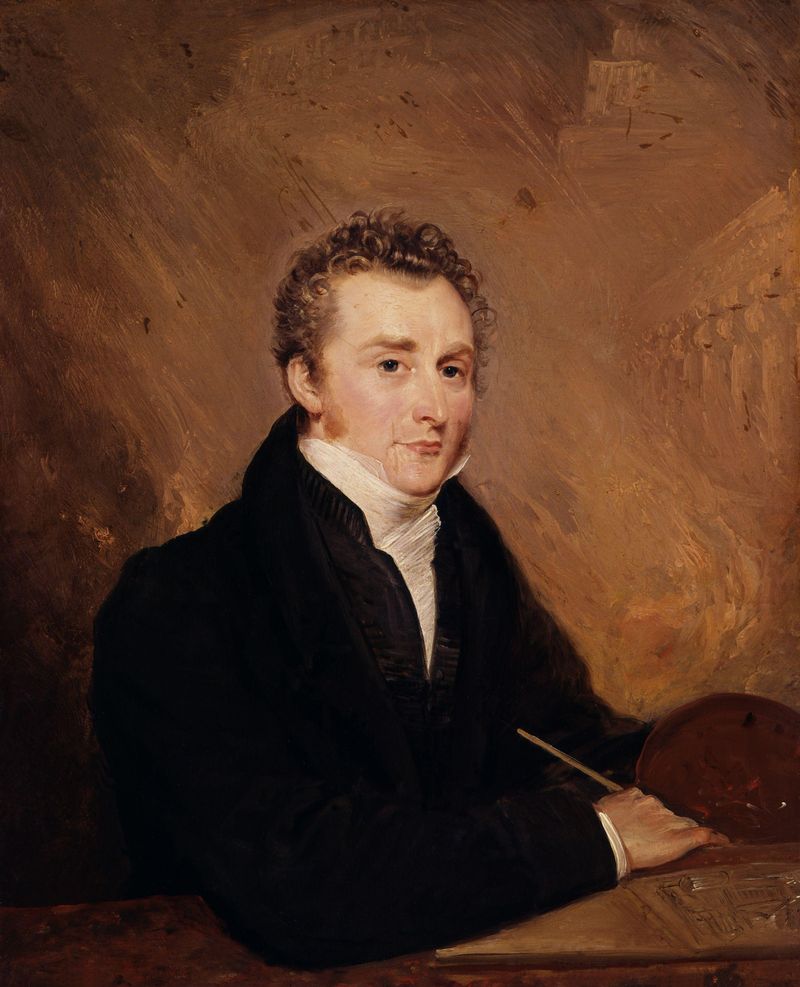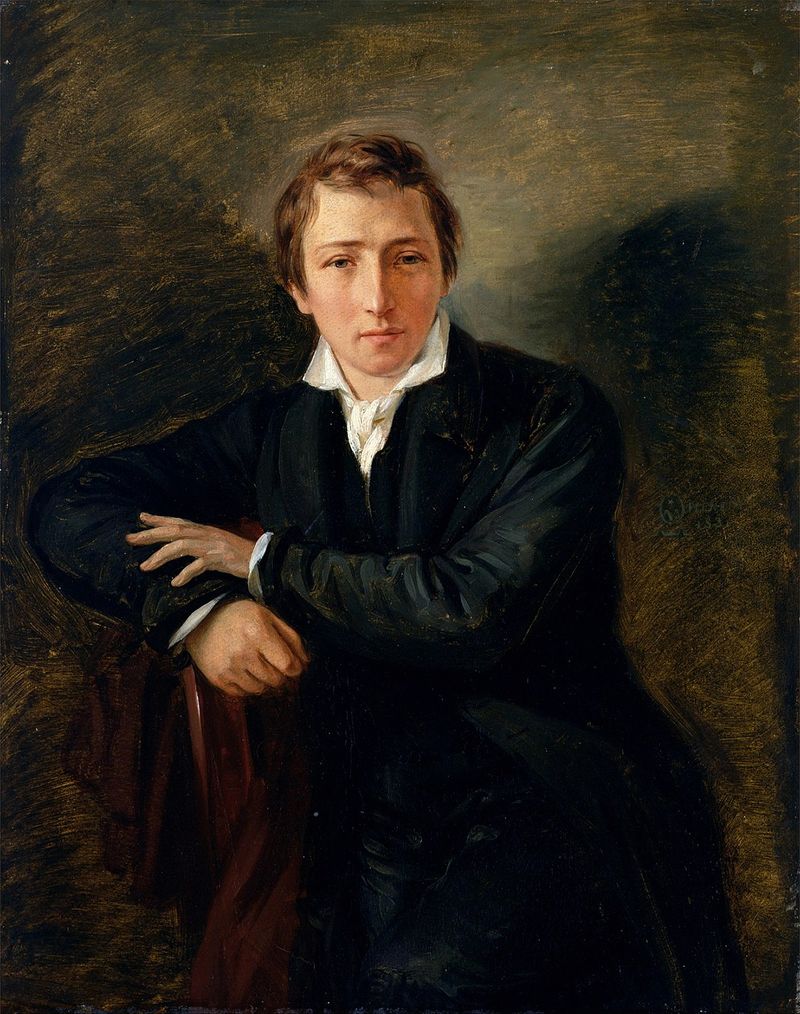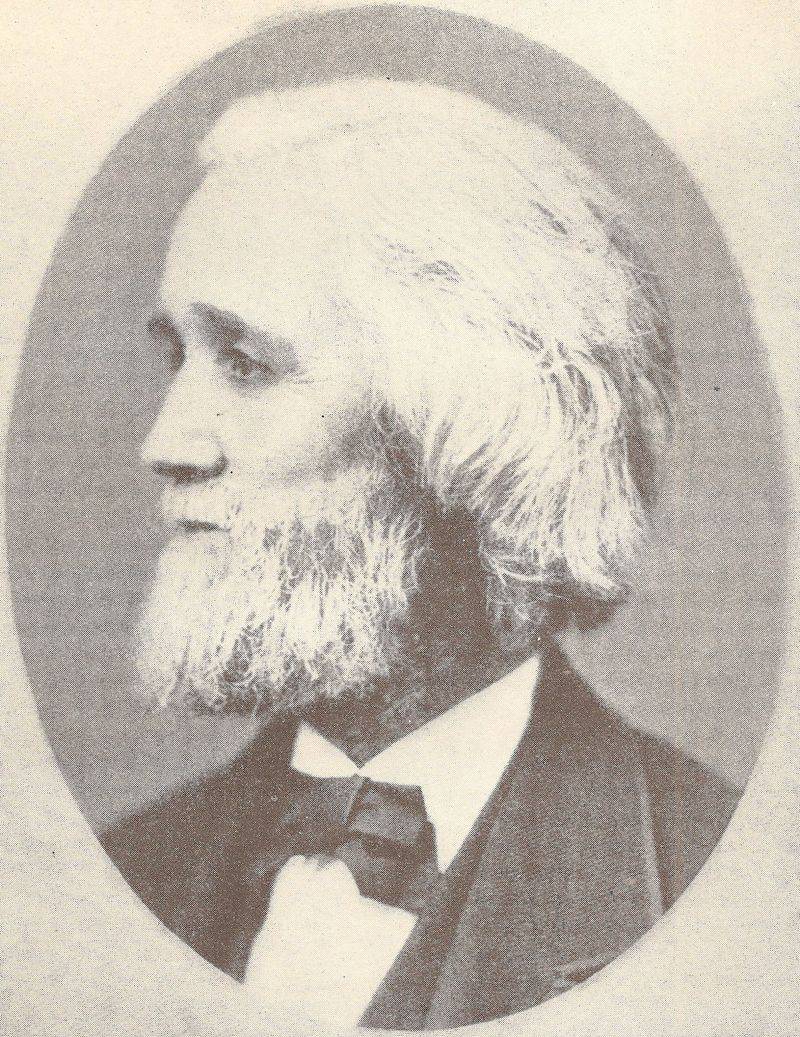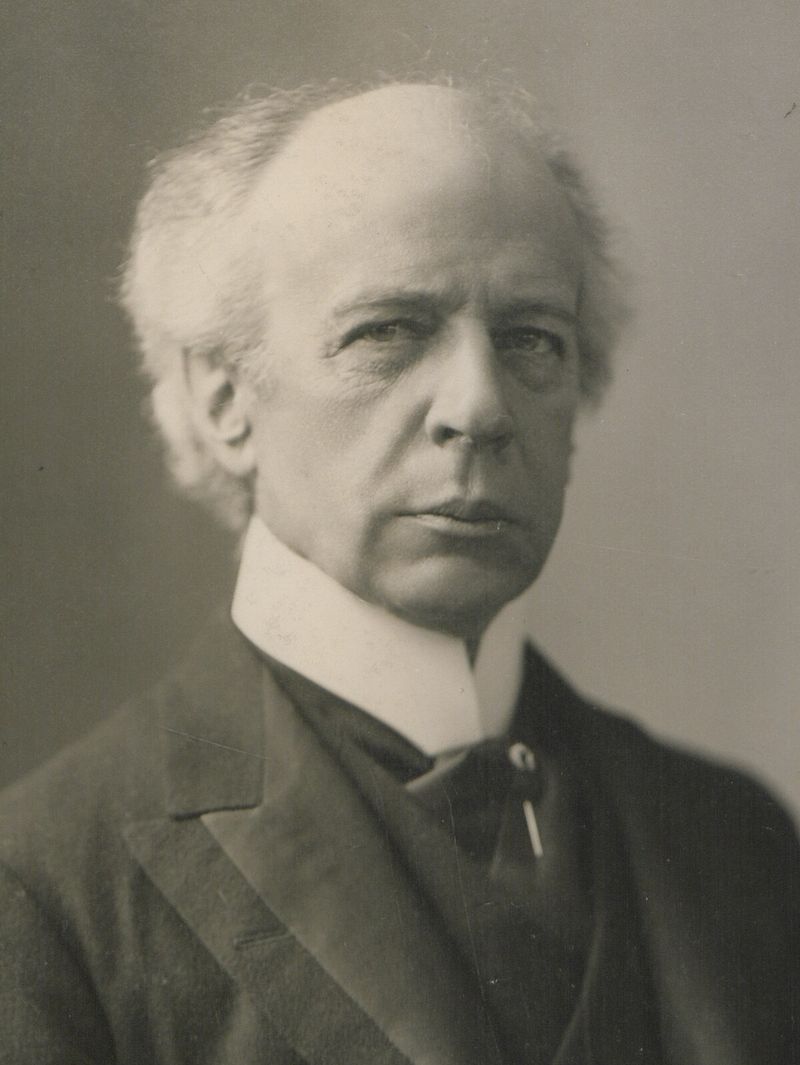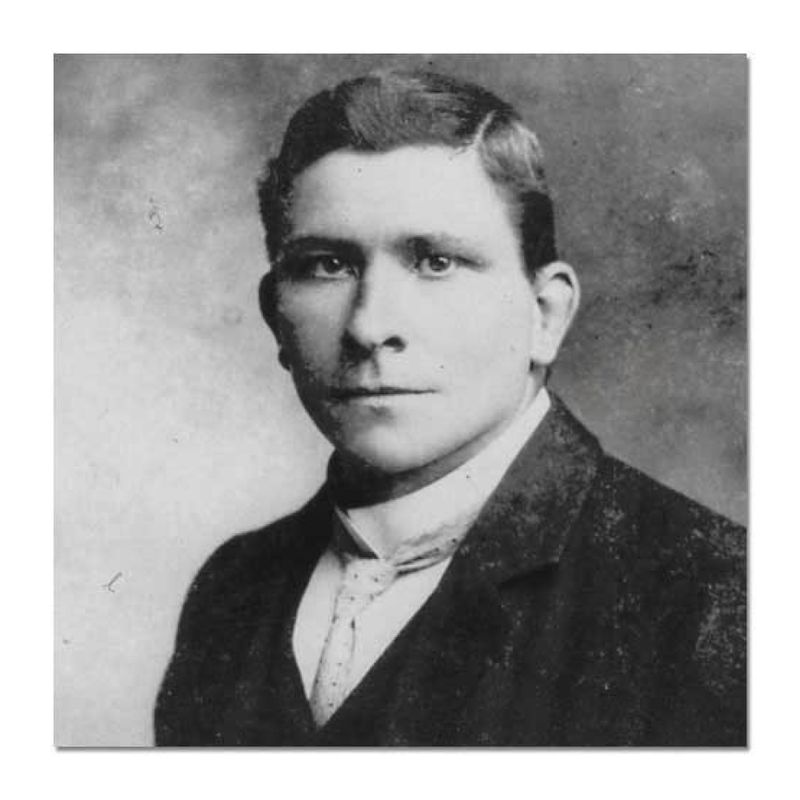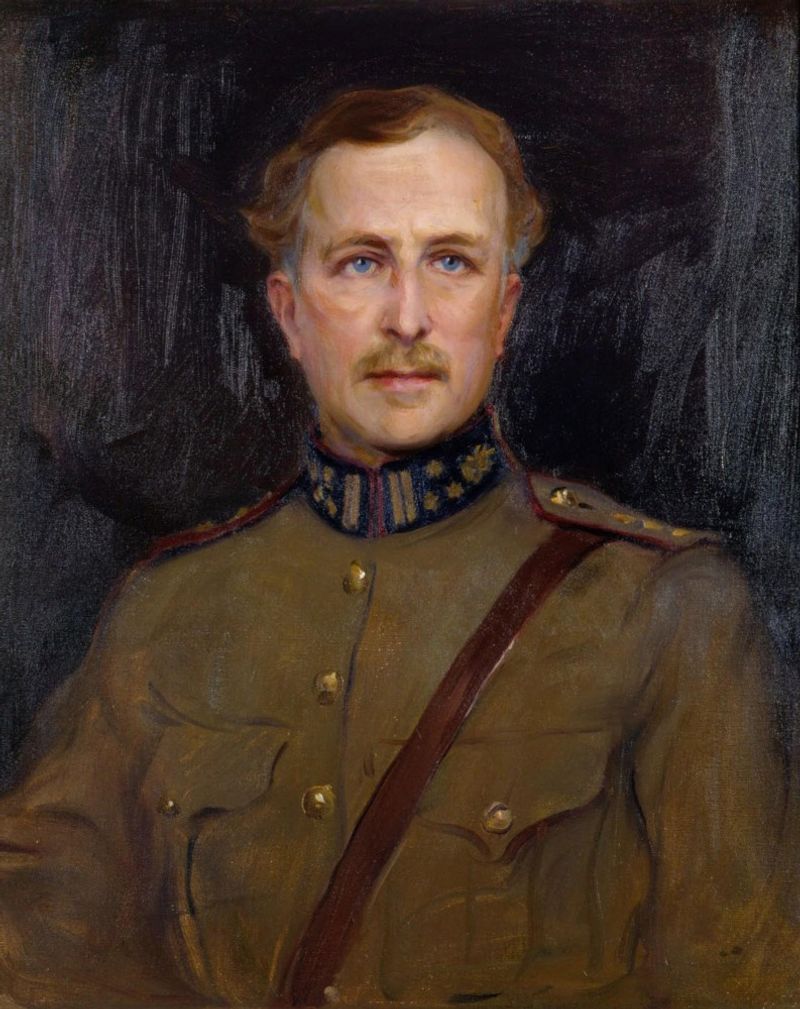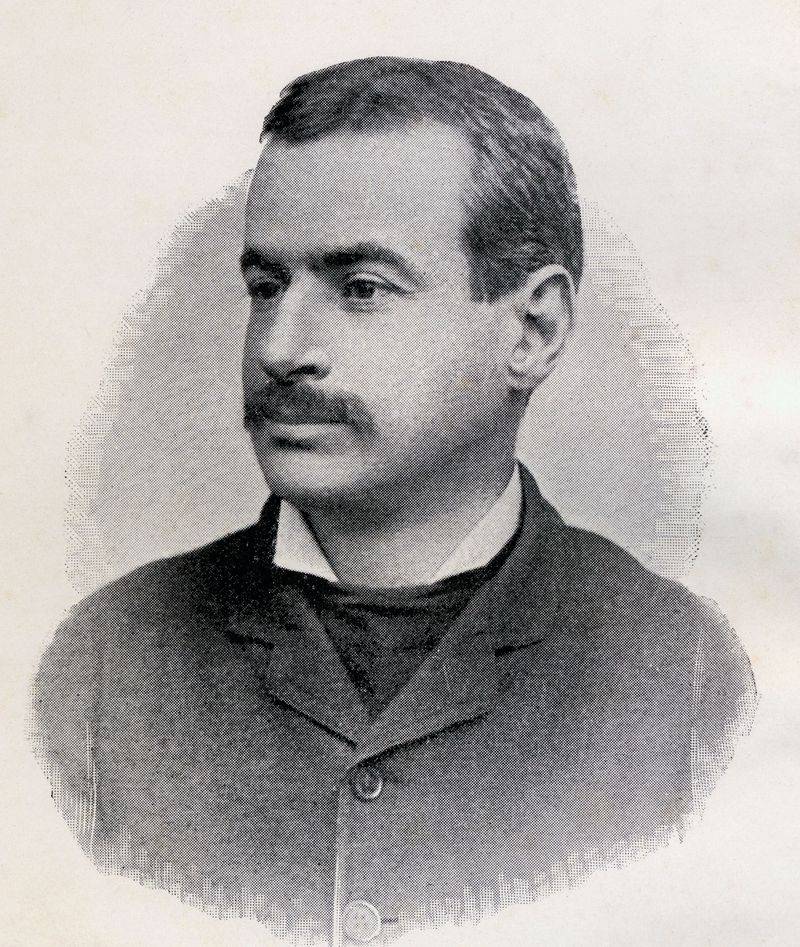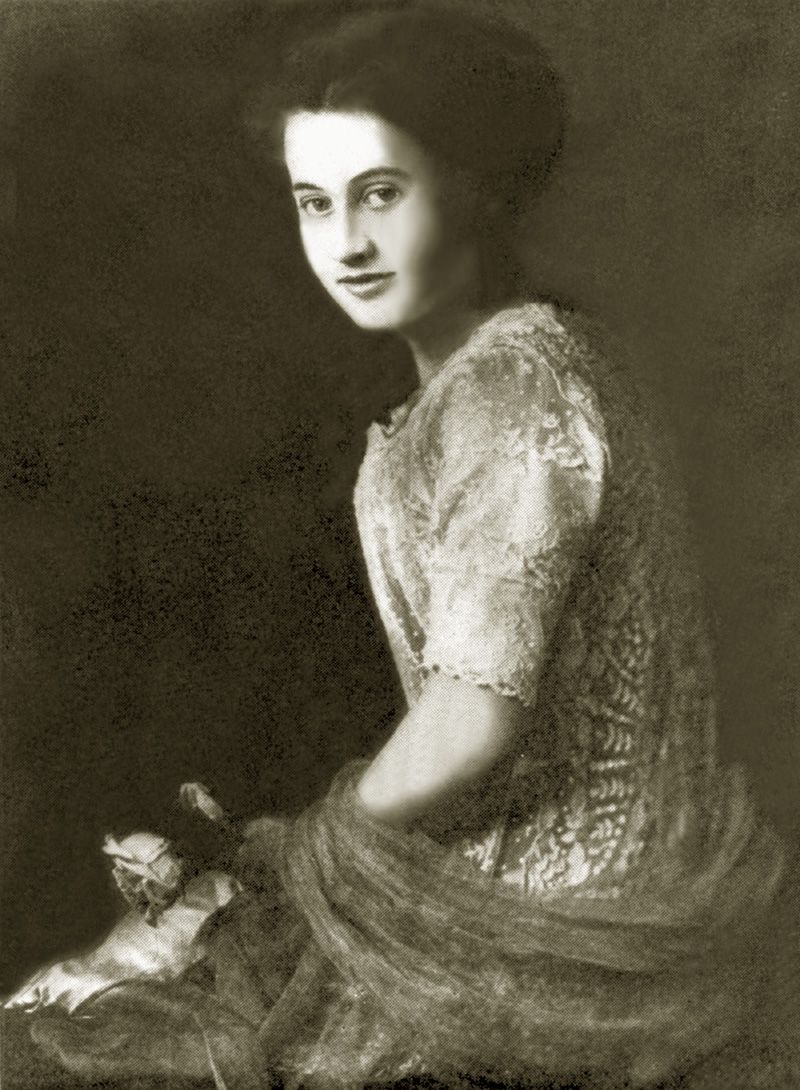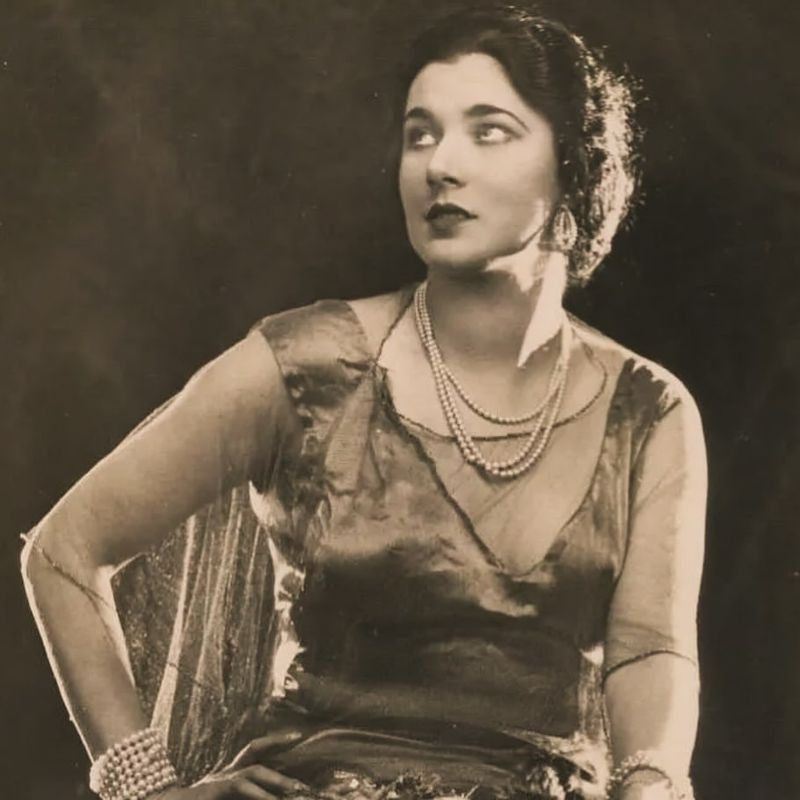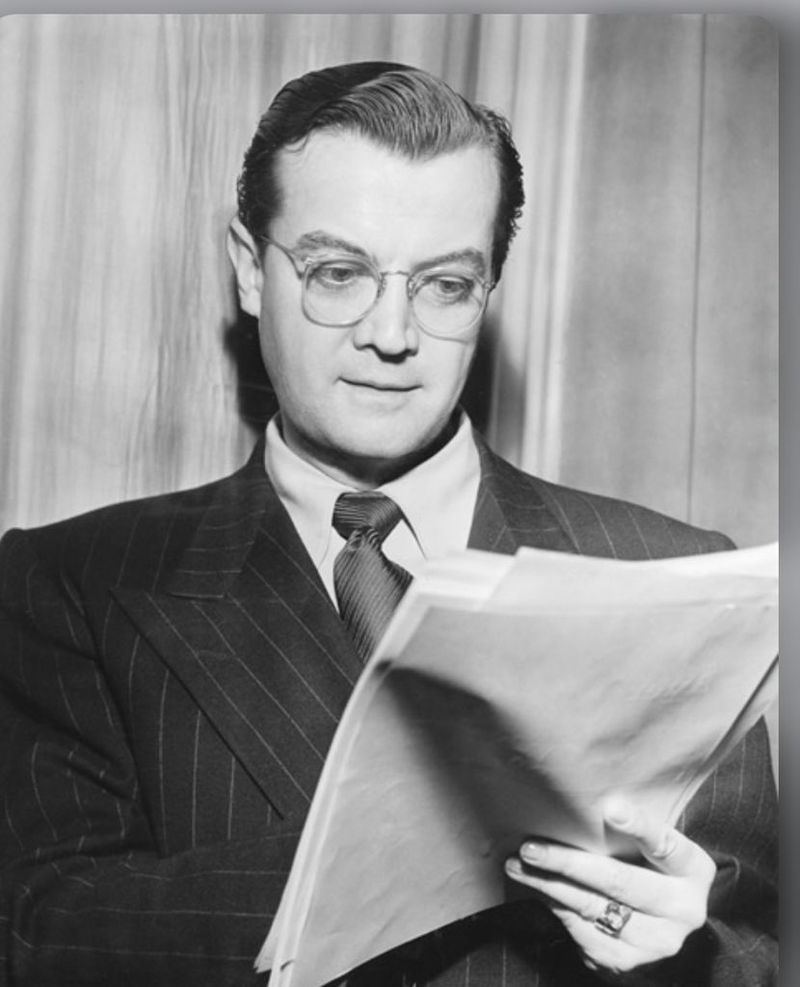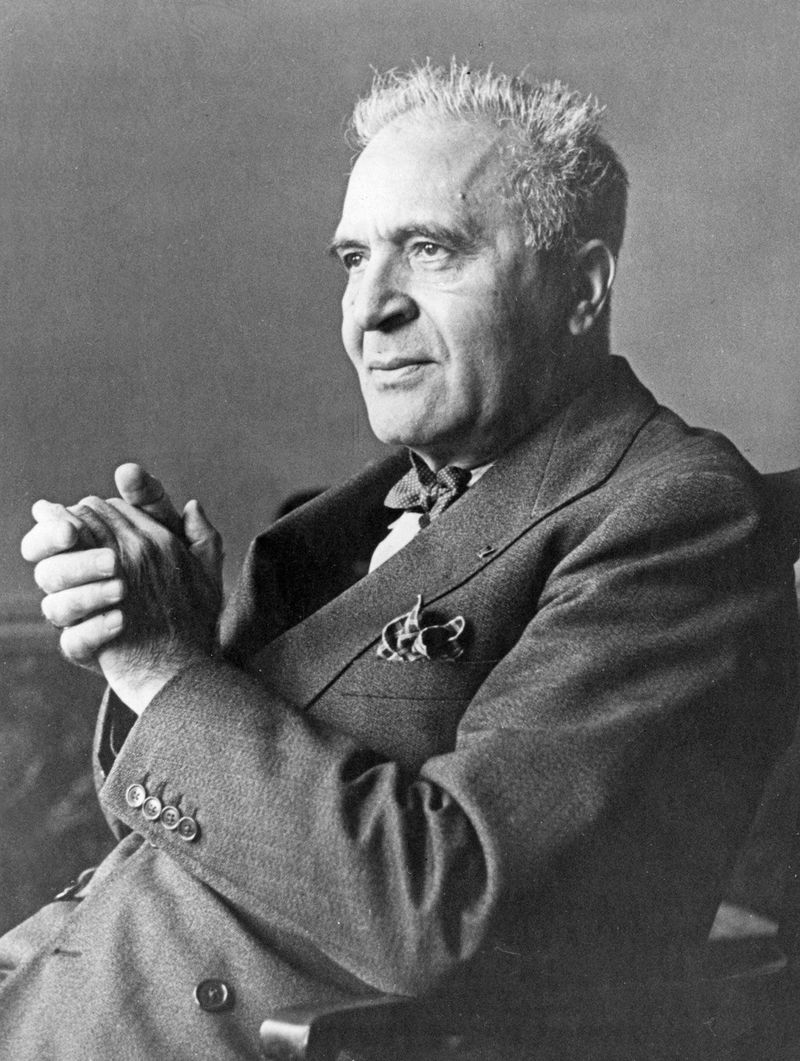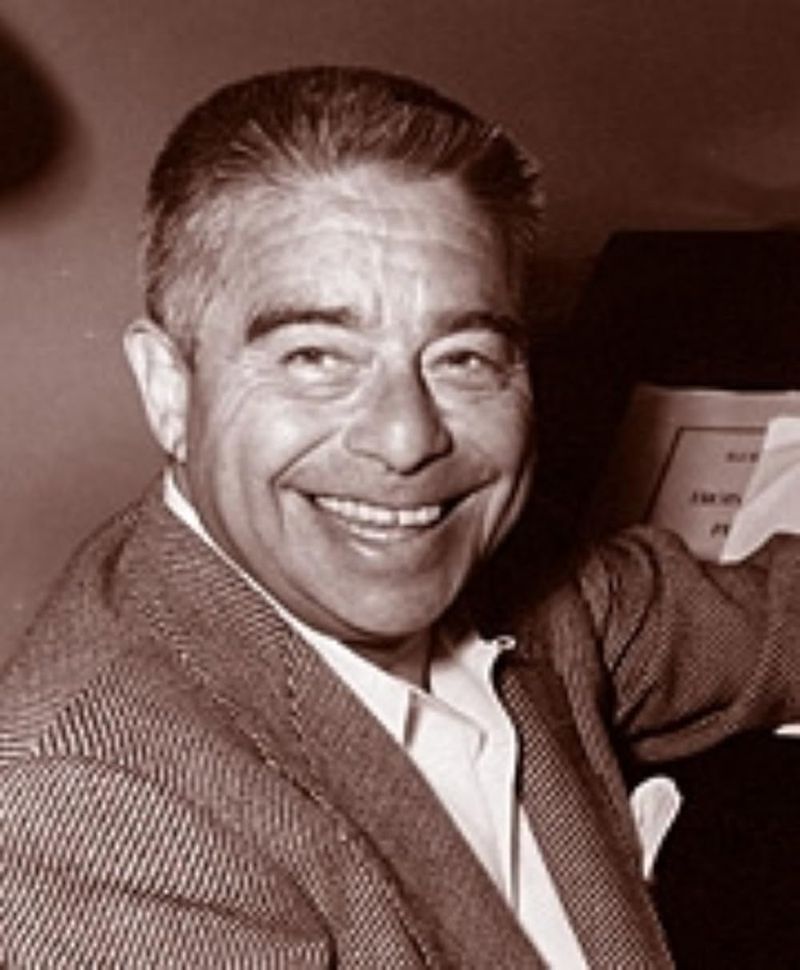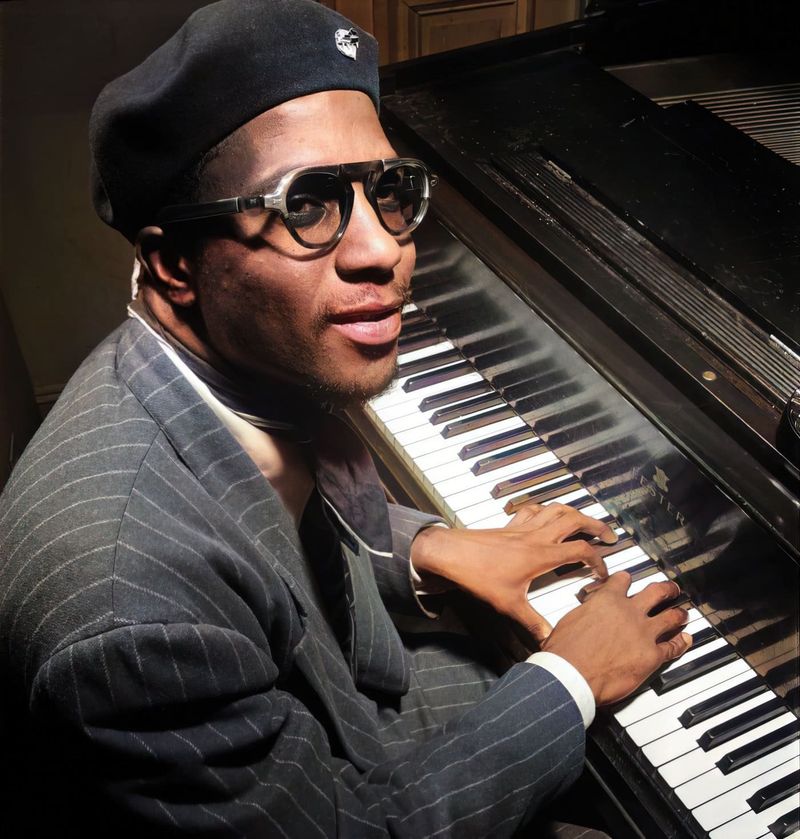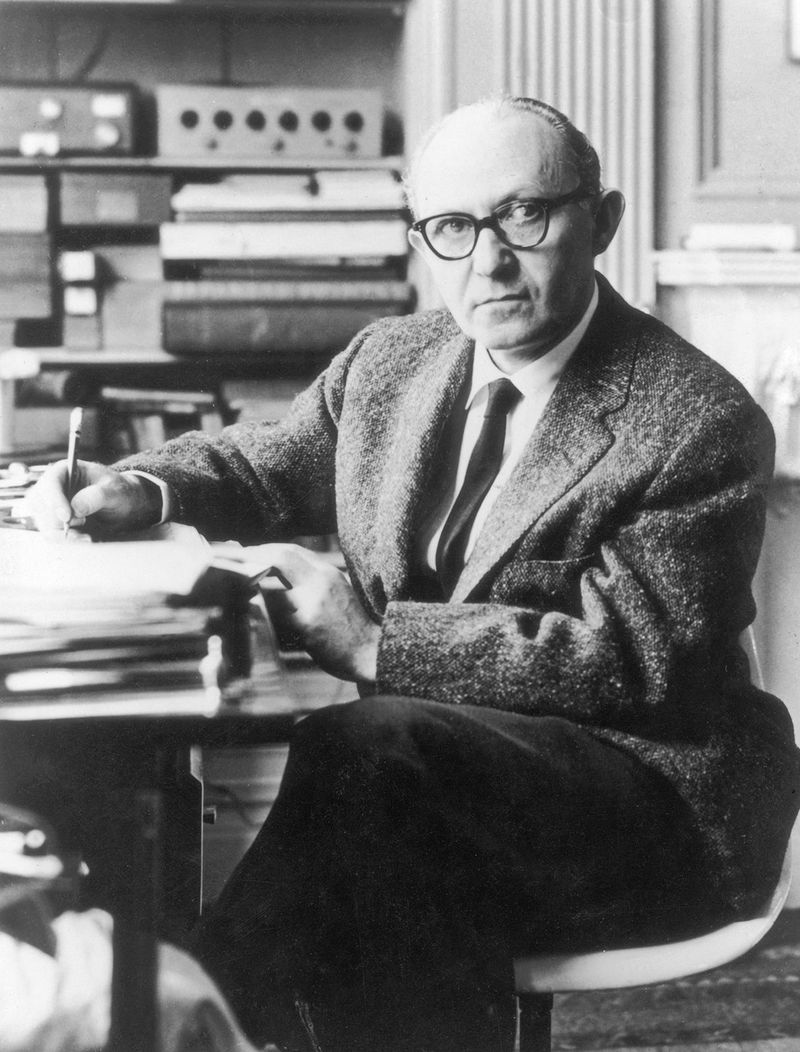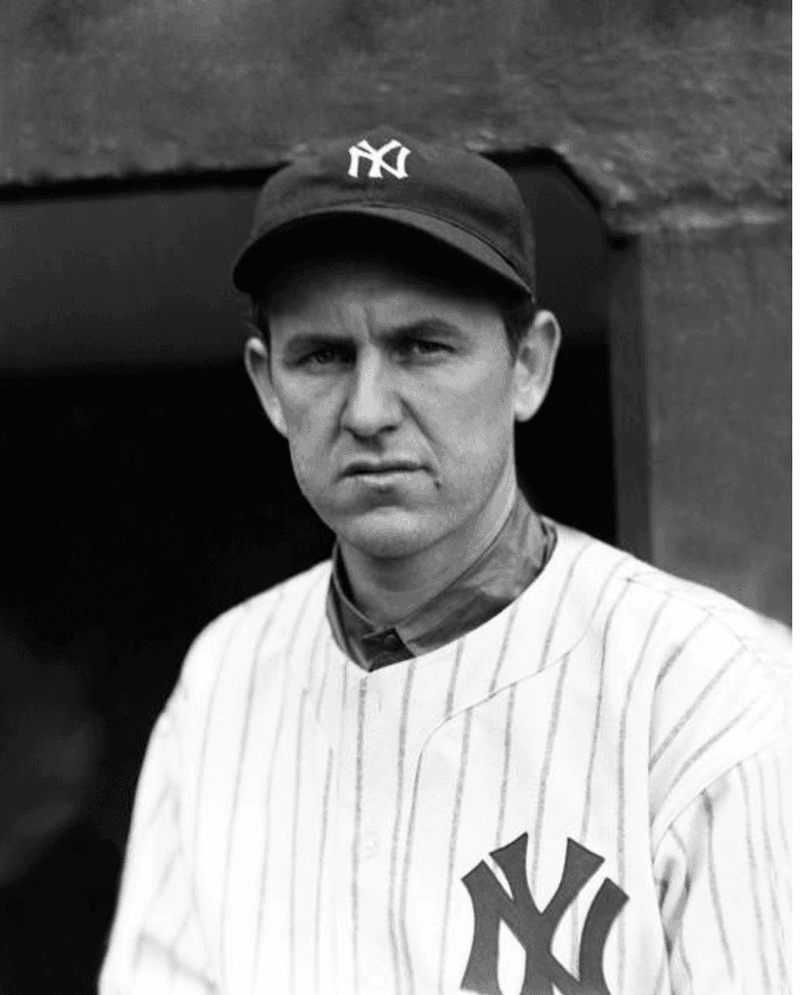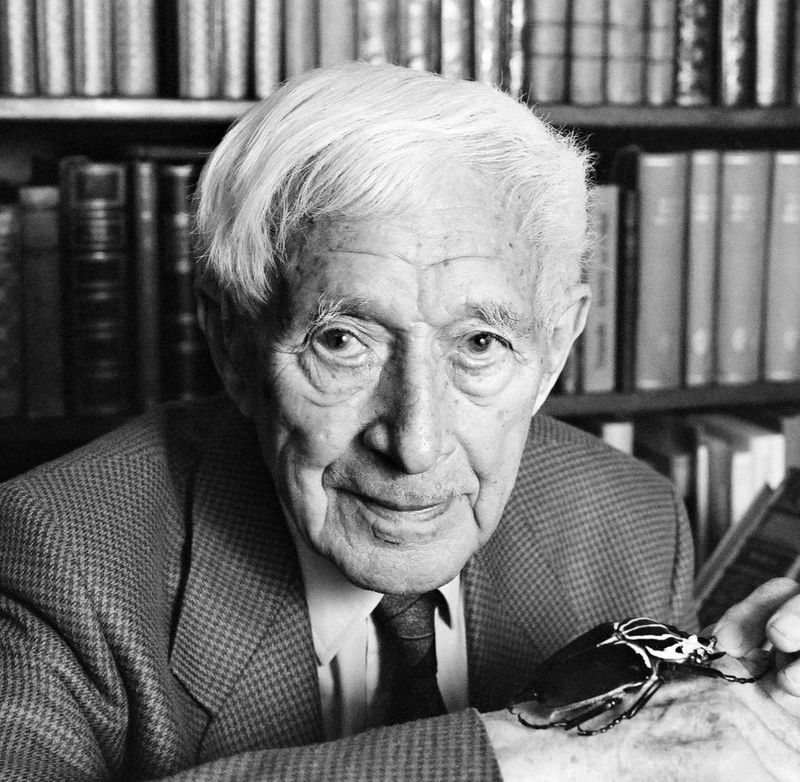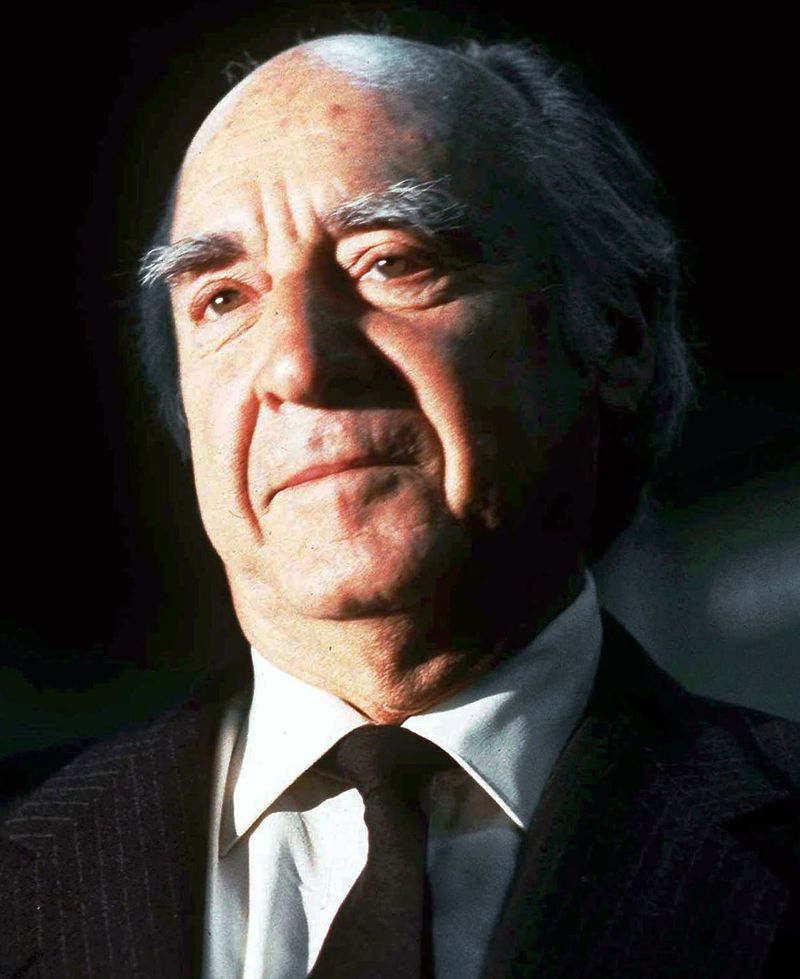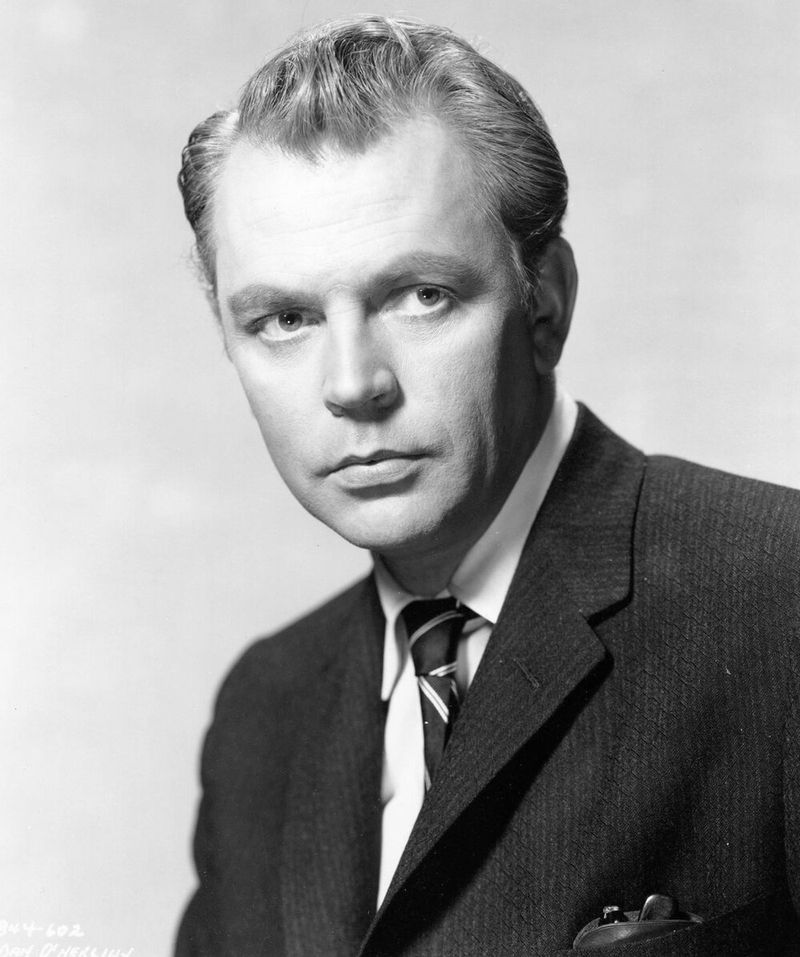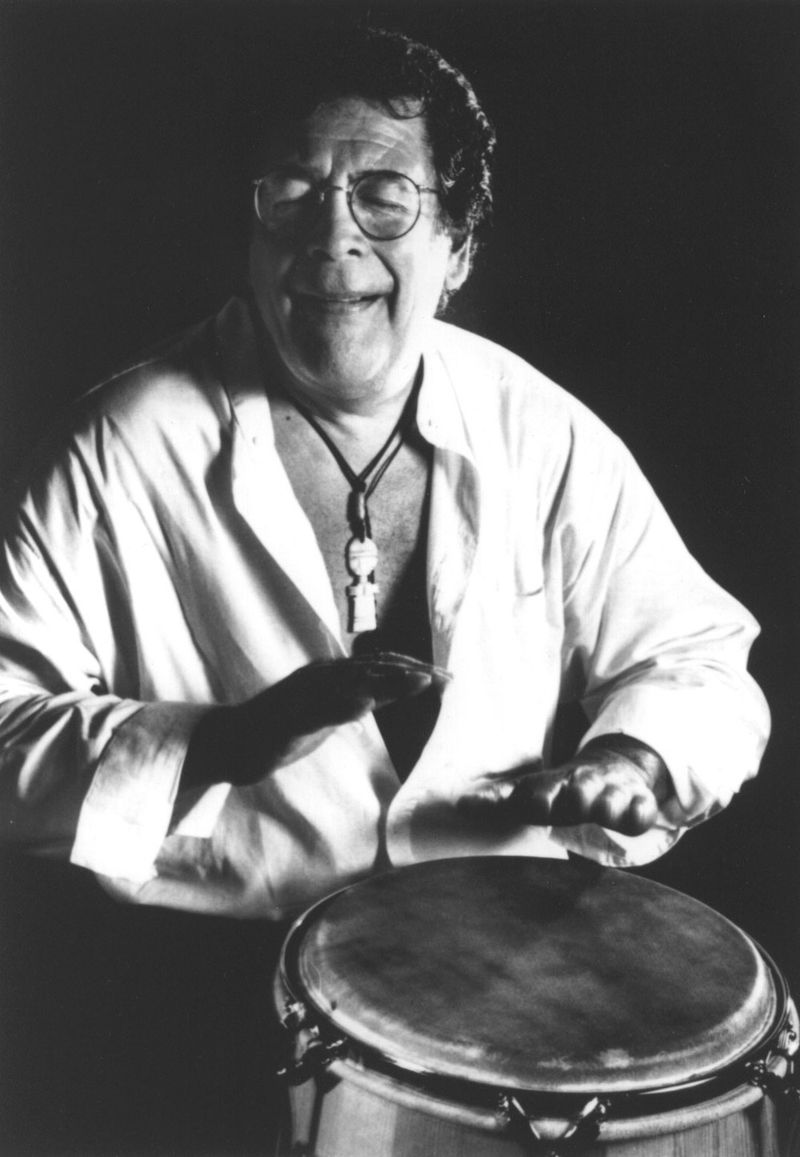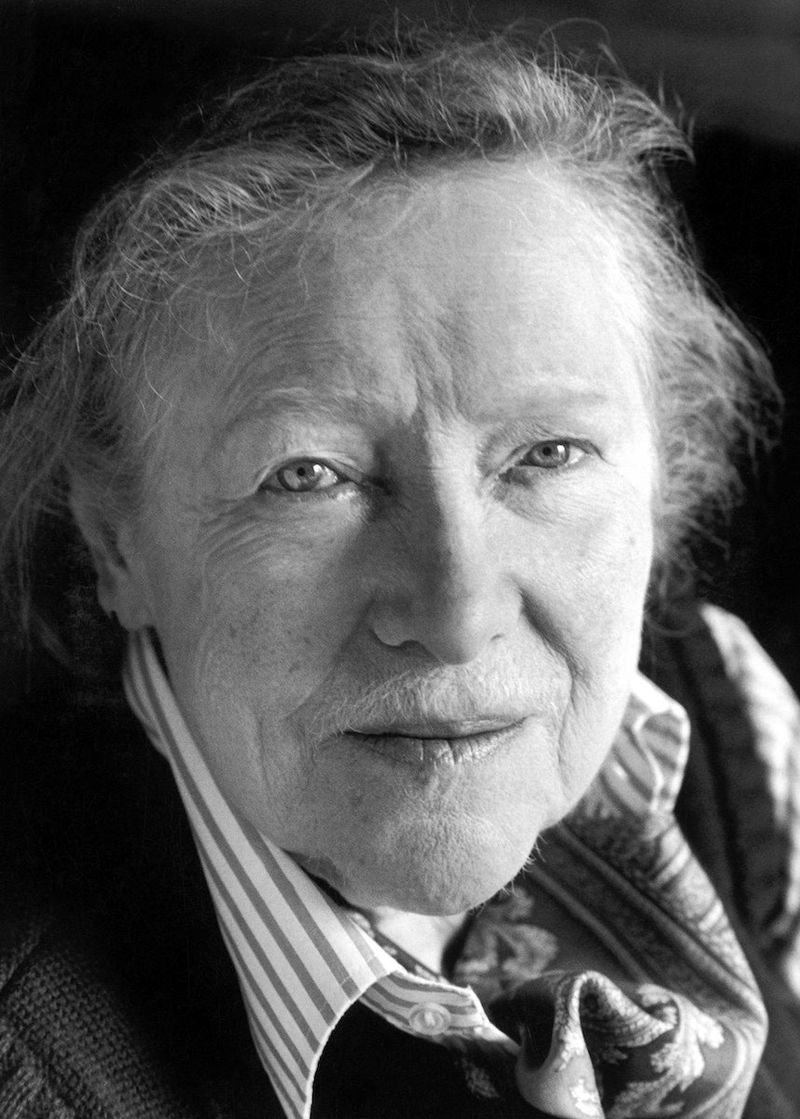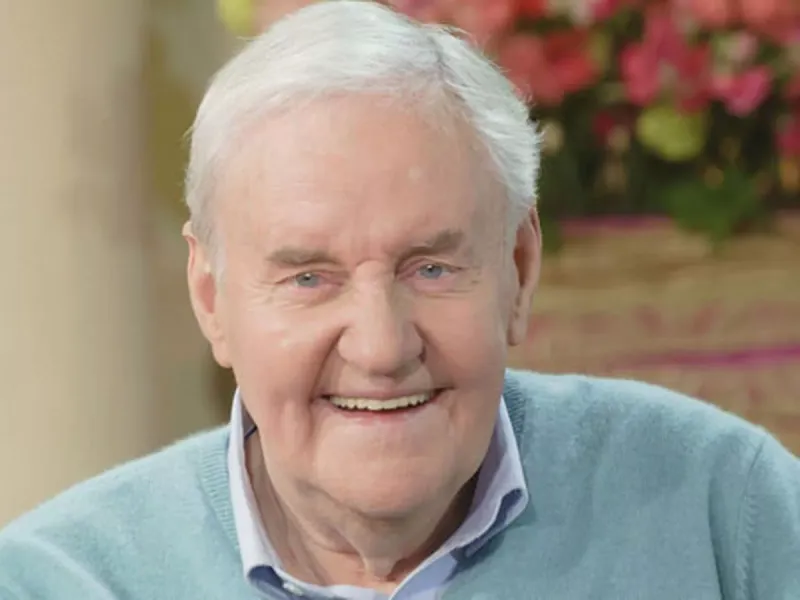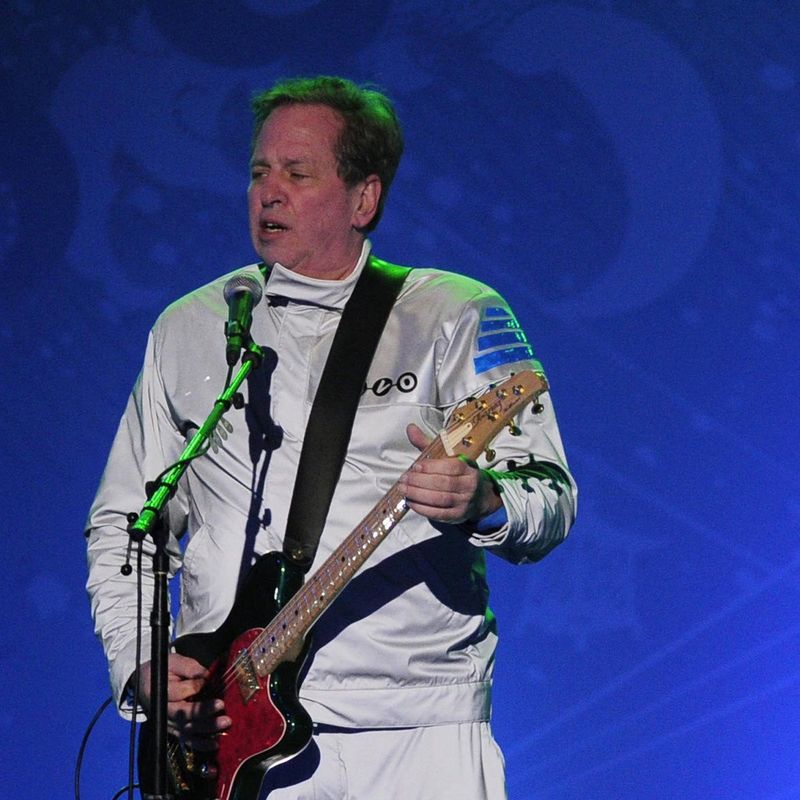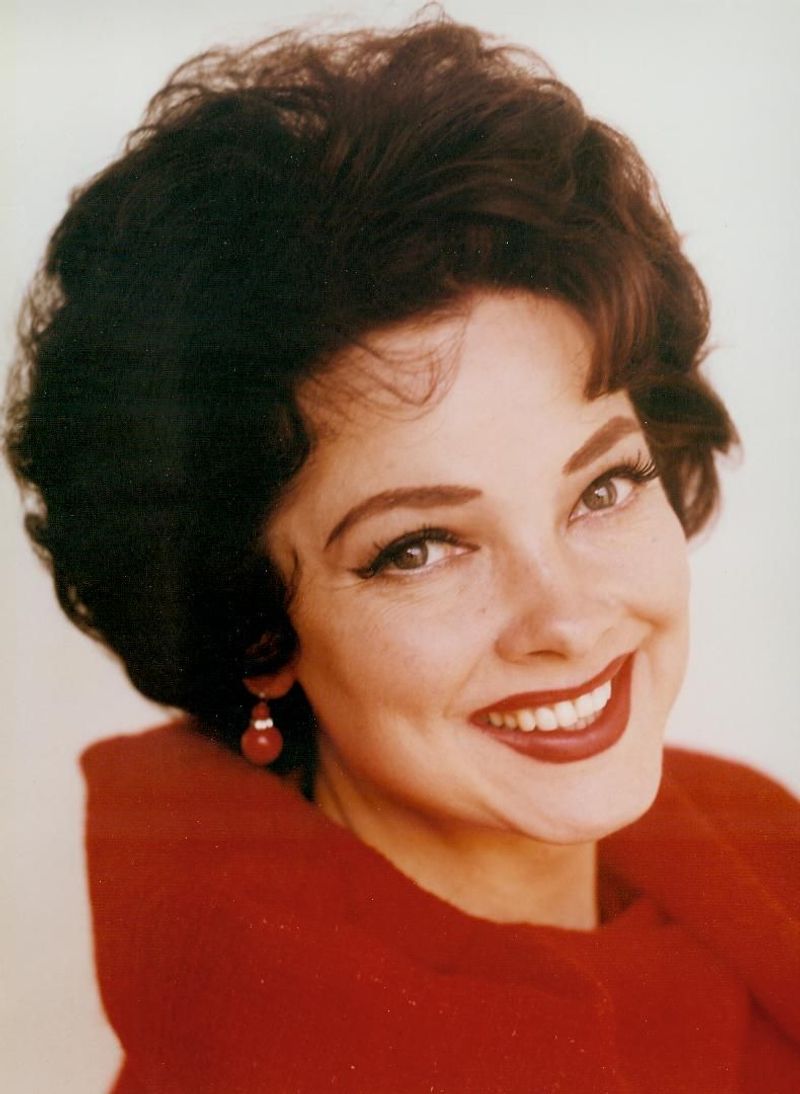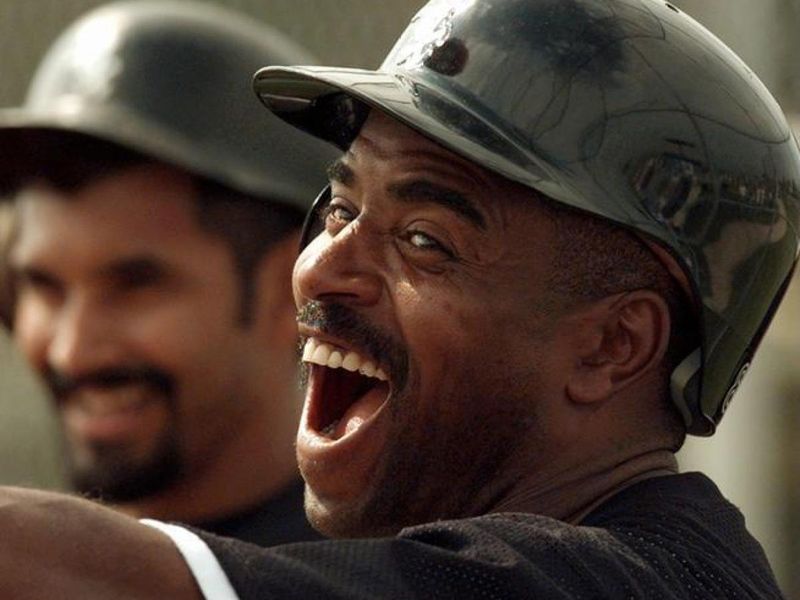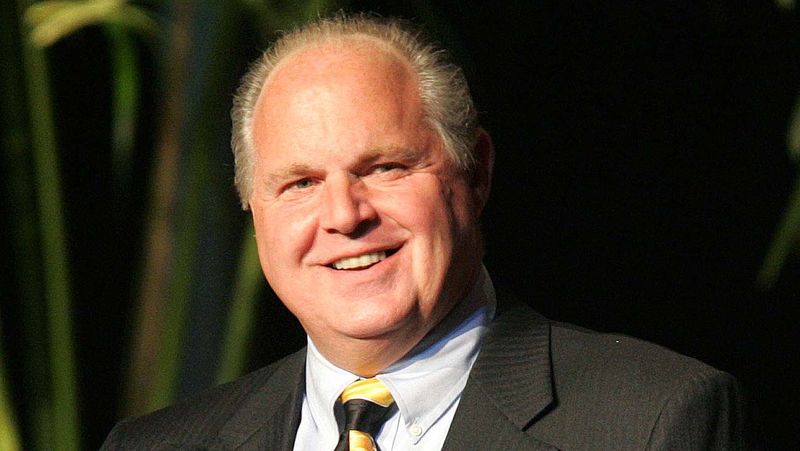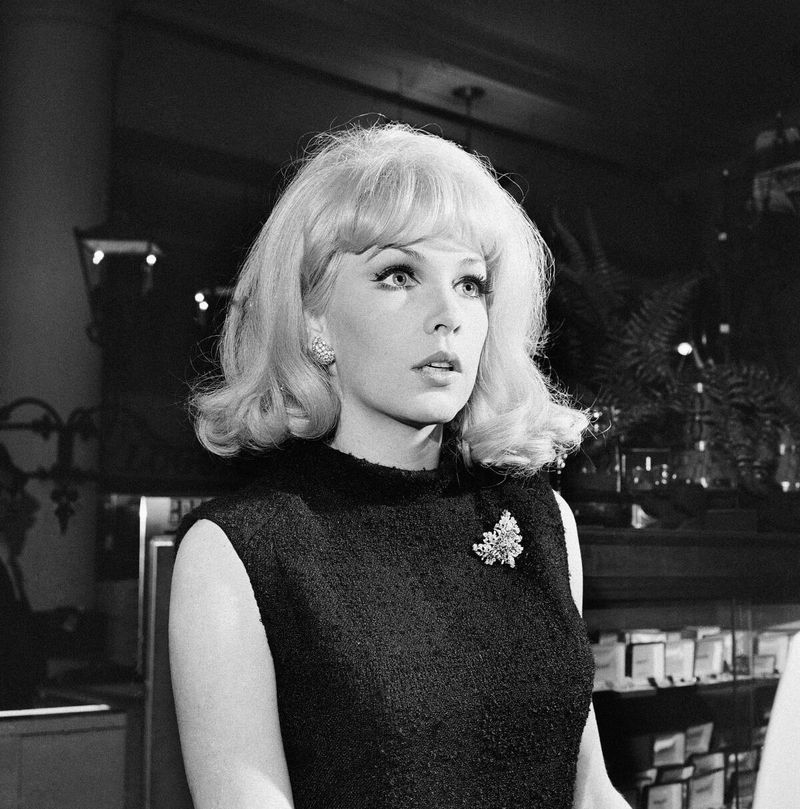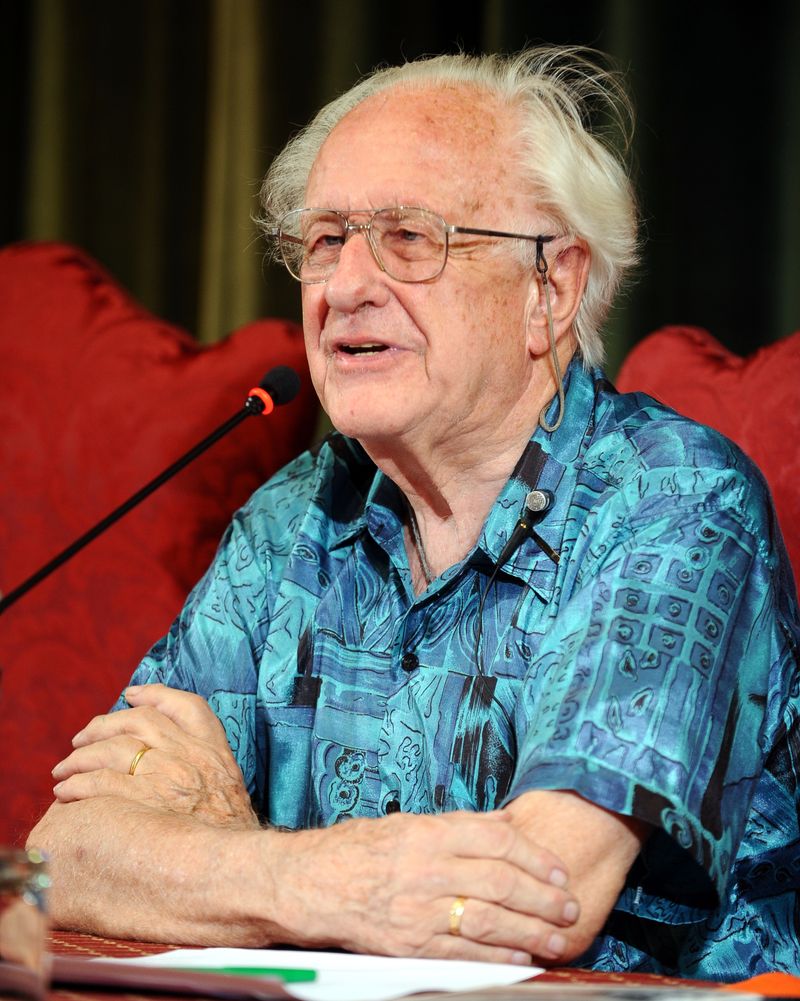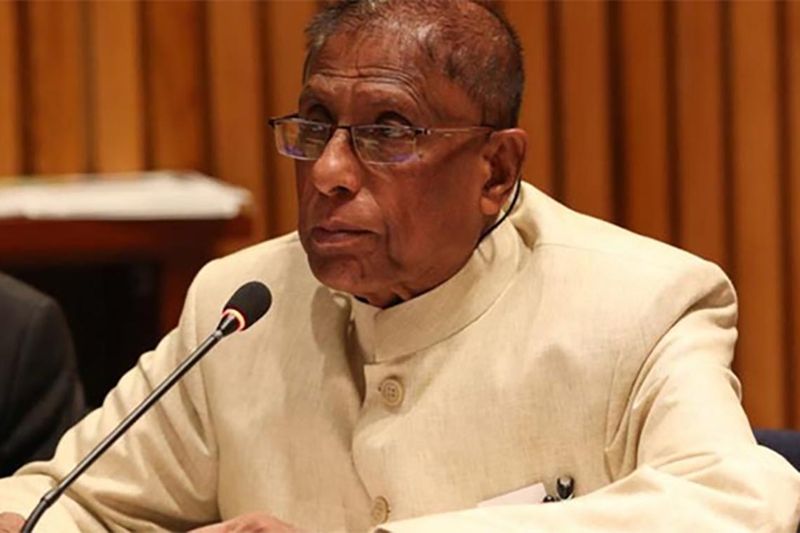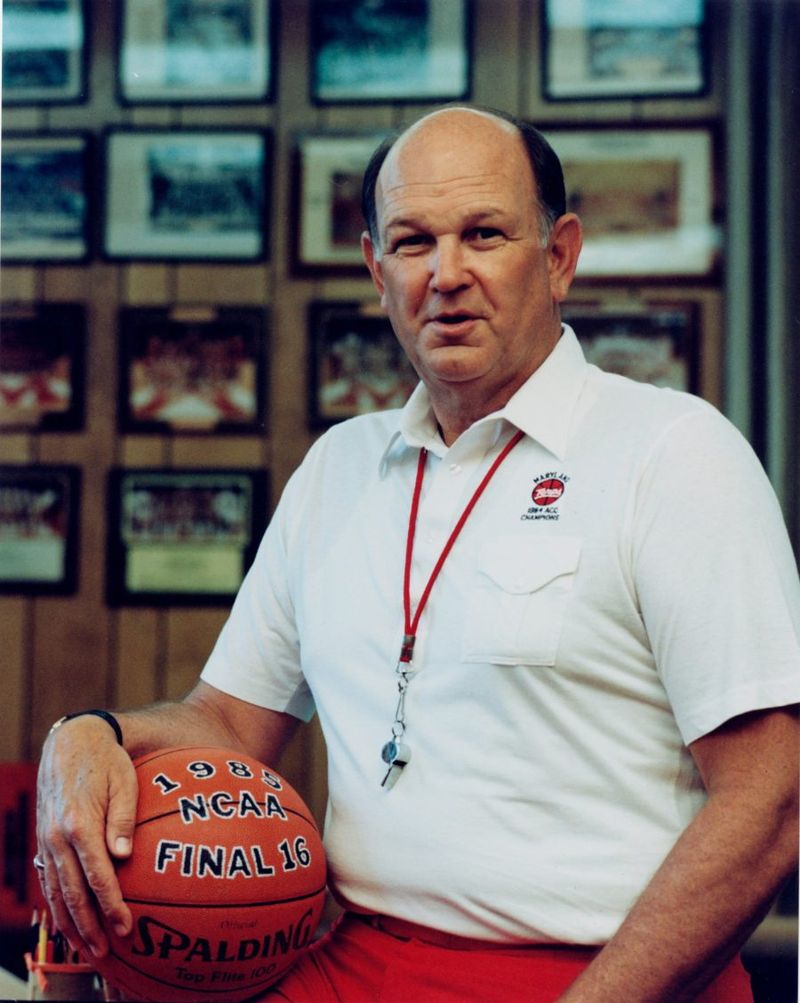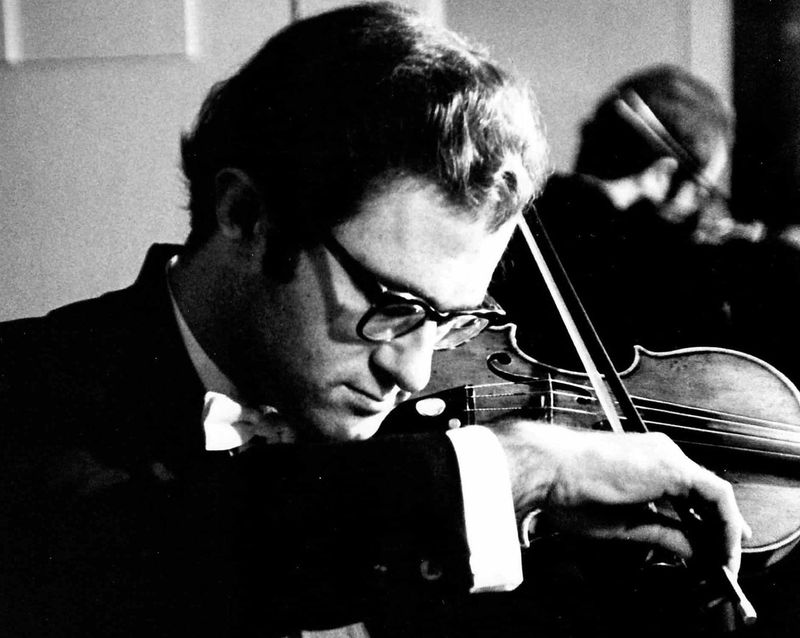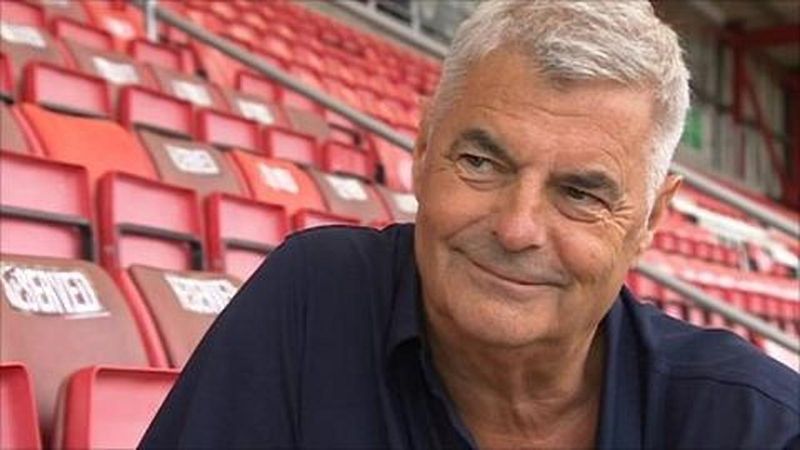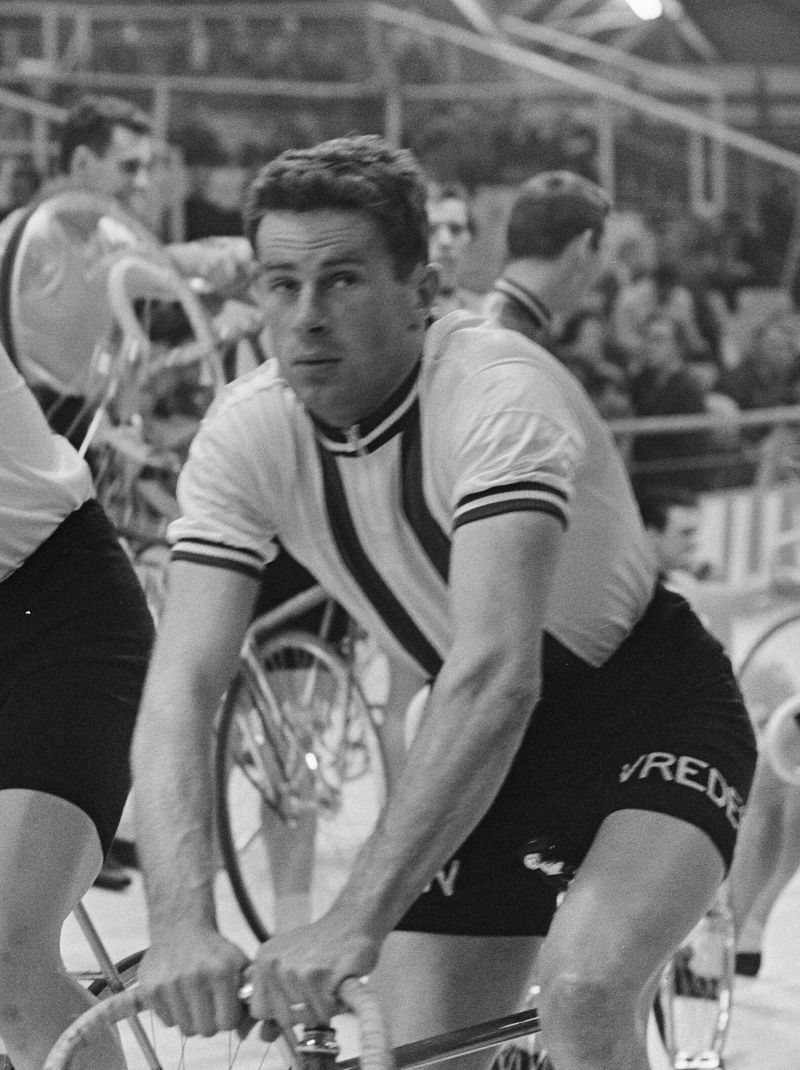This blog post delves into the lives and legacies of 43 notable individuals who passed away on February 17 throughout history.
These figures span various fields such as politics, literature, music, and science, each leaving an indelible mark on the world.
By examining their contributions and the historical context of their lives, we gain insights into the diverse tapestry of human achievement and the lasting impact of their work.
1. Jovian, Roman Emperor (364)
Jovian, a Roman Emperor, ruled for a brief period from 363 to 364 AD. Ascending to power after the death of Julian the Apostate, Jovian is primarily remembered for restoring Christianity as the state religion of the Roman Empire.
His reign, though short, was marked by significant religious and political shifts, which helped shape the future of Europe. Jovian’s firm commitment to Christianity set the stage for its dominance in European culture and governance.
Despite his untimely death at the age of 33, Jovian’s policies had a lasting influence on the Roman Empire’s religious direction.
2. Mesrop Mashtots, Armenian monk and theologian, inventor of the Armenian alphabet (440)
Mesrop Mashtots, born in the late 4th century, was a pivotal figure in Armenian history. As a monk and theologian, he is best known for inventing the Armenian alphabet, a crucial development for Armenian culture and identity.
Through his alphabet, Mashtots enabled the translation of the Bible into Armenian, thus preserving the language and promoting literacy. His efforts significantly contributed to Armenia’s cultural and religious development.
Mashtots is celebrated not only for his linguistic contributions but also for fostering a sense of national identity that endures to this day. His legacy remains deeply embedded in Armenian history.
3. Giordano Bruno, Italian philosopher and mathematician (1600)
Giordano Bruno was an Italian philosopher, mathematician, and cosmological theorist. Known for his controversial ideas about the universe, Bruno proposed the existence of infinite worlds and challenged the geocentric model of the cosmos.
His forward-thinking views eventually led to his execution, as he was deemed heretical by the Roman Catholic Church. Despite this tragic end, Bruno’s ideas on the infinite universe influenced later scientific thought.
Today, Bruno is remembered as a martyred visionary who dared to challenge the established order, paving the way for future generations of thinkers and scientists.
4. Molière, French playwright and actor (1673)
Molière, born Jean-Baptiste Poquelin, was a renowned French playwright and actor. His works are celebrated for their comedic brilliance and insightful critique of French society in the 17th century.
With classics like ‘Tartuffe’ and ‘The Misanthrope,’ Molière’s plays highlighted the hypocrisy and pretensions of the French aristocracy. His ability to weave satire with humor made his plays timeless.
Despite facing criticism and censorship, Molière’s legacy endures, with his plays still performed worldwide. He died doing what he loved most—acting—leaving behind a rich legacy of theatrical masterpieces.
5. Antoine Galland, French orientalist and archaeologist (1715)
Antoine Galland was a prominent French orientalist and archaeologist, best known for introducing ‘The Arabian Nights’ to the Western world. His translation of these tales fascinated European audiences and sparked widespread interest in Middle Eastern culture.
Galland’s work not only enriched European literature but also bridged cultural gaps between the East and West. Through his translations, stories of Aladdin and Sinbad became integral parts of global folklore.
Galland’s legacy lies in his ability to present Eastern tales with authenticity and charm, nurturing cross-cultural appreciation and understanding. His contributions to literature and archaeology remain influential.
6. Louis Marchand, French composer and organist (1732)
Louis Marchand was a distinguished French composer and organist of the Baroque period. Renowned for his virtuosic performances and compositions, Marchand held prestigious positions in many French churches and royal courts.
His music, characterized by its complexity and expressive range, contributed significantly to the development of French Baroque music. Marchand’s compositions for the organ remain celebrated for their technical mastery.
Despite personal controversies, including a famous rivalry with Johann Sebastian Bach, Marchand’s influence on French music was profound, and his works continue to be performed by organists worldwide, showcasing his enduring musical legacy.
7. Arthur Onslow, English politician, Speaker of the House of Commons (1768)
Arthur Onslow was an influential English politician who served as the Speaker of the House of Commons for over three decades. Known for his impartiality and commitment to parliamentary procedure, Onslow set precedents that shaped the role of the Speaker.
His tenure was marked by significant political and social change, and he played a vital role in maintaining parliamentary integrity during turbulent times. Onslow was respected for upholding the dignity and independence of the Commons.
His contributions to the British political system endure, as his principles continue to influence the functioning of parliamentary democracy in the UK.
8. Ferdinando Carulli, Italian composer and guitarist (1841)
Ferdinando Carulli was an Italian composer and guitarist, celebrated for his contributions to classical guitar music. Born in Naples, Carulli moved to Paris, where he gained fame for his performances and teaching.
His compositions, known for their melodious charm and technical sophistication, remain essential pieces in the classical guitar repertoire. Carulli’s educational methods influenced generations of musicians.
He published numerous instructional books, helping to popularize the guitar across Europe. Carulli’s legacy as a pioneering guitarist-composer endures, with his works continuing to inspire guitarists and delight audiences by showcasing the instrument’s expressive potential.
9. John Martin, English painter (1854)
John Martin was an English painter known for his large-scale, dramatic works that often depicted apocalyptic and biblical themes. His paintings, characterized by their vivid detail and emotional intensity, captured the imagination of audiences in the 19th century.
Martin’s use of light and shadow created a sense of grandeur and awe, making his works stand out in the Romantic movement. His influence extended to contemporary artists and filmmakers.
Despite facing criticism in his time, Martin’s art has experienced a resurgence in appreciation, with his visionary style celebrated for its bold and imaginative approach.
10. Heinrich Heine, German poet and essayist (1856)
Heinrich Heine was a German poet and essayist, renowned for his wit, lyricism, and political insight. His works, blending romantic and satirical elements, addressed themes of love, politics, and social justice.
Heine’s sharp observations and eloquent style made him a prominent figure in German literature, influencing future literary movements. His poems, such as ‘Die Lorelei,’ remain beloved for their emotional depth.
Despite facing censorship and exile, Heine’s legacy endures, with his writing continuing to inspire readers and writers worldwide. His contribution to literature highlights the power of words in shaping societal ideas and values.
11. Christopher Latham Sholes, American inventor, developed the QWERTY keyboard (1890)
Christopher Latham Sholes was an American inventor best known for developing the QWERTY keyboard, a layout that remains standard on typewriters and computers today. Sholes’ invention revolutionized communication by making typing more efficient.
His work facilitated the spread of written documents and paved the way for modern office environments. The QWERTY layout, designed to prevent jamming in early typewriters, became the norm due to its practicality and widespread adoption.
Sholes’ legacy as a pioneering inventor is felt in everyday life, with his keyboard design continuing to influence how people interact with technology and communicate globally.
12. Wilfrid Laurier, Canadian politician, 7th Prime Minister of Canada (1919)
Wilfrid Laurier was a distinguished Canadian politician, serving as the 7th Prime Minister of Canada. As the first Francophone Prime Minister, Laurier’s leadership was marked by efforts to foster national unity and economic development.
His tenure saw the expansion of Canadian infrastructure, such as railways, and initiatives to promote immigration. Laurier’s vision of a united, bilingual Canada laid the foundation for the country’s multicultural identity.
Though faced with challenges, including language tensions, Laurier’s legacy as a nation-builder endures, with his policies and ideals continuing to shape Canada’s political landscape and cultural diversity.
13. Edgar Evans, Welsh explorer, member of Scott’s Antarctic expedition (1912)
Edgar Evans was a Welsh explorer and a key member of Robert Falcon Scott’s ill-fated Terra Nova Expedition to Antarctica. Known for his strength and determination, Evans played a crucial role in the expedition’s logistical efforts.
Despite the harsh conditions, Evans’ contribution to the team’s progress was invaluable. Tragically, he succumbed to the extreme cold and exhaustion during the return journey from the South Pole.
Evans is remembered for his bravery and dedication to exploration, embodying the spirit of adventure that characterized the heroic age of Antarctic exploration, inspiring future generations of explorers.
14. Albert I, King of Belgium (1934)
Albert I was the King of Belgium, known for his leadership during World War I. His steadfast resistance against the German invasion earned him the title “Knight King.” Albert’s commitment to his country and its people was unwavering.
Under his leadership, Belgium maintained its independence and sovereignty during the war, garnering international respect. Albert’s post-war efforts focused on rebuilding and modernizing Belgium.
Tragically, his reign ended abruptly with his death in a mountaineering accident. Albert I’s legacy as a national hero endures, with his leadership during trying times remembered as an exemplar of courage and dedication.
15. Siegbert Tarrasch, German chess player and theoretician (1934)
Siegbert Tarrasch was a celebrated German chess player and theoretician. Known as one of the strongest players of his time, Tarrasch contributed significantly to chess theory and strategy.
His teachings emphasized the importance of controlling the center and maintaining a strong pawn structure, principles that remain foundational in modern chess. Tarrasch’s writings and games inspired generations of chess players.
Though he never became World Champion, Tarrasch’s influence on the game was profound, with his ideas continuing to shape chess education and play, making him a revered figure in the chess community.
16. Dorothy Gibson, American actress and Titanic survivor (1946)
Dorothy Gibson was an American silent film actress and a survivor of the RMS Titanic disaster. Known for her beauty and talent, Gibson was one of the highest-paid actresses of her time.
Her experience on the Titanic influenced her work, as she starred in the first film about the disaster, ‘Saved from the Titanic,’ shortly after her survival. Gibson’s film career, however, was short-lived due to personal and professional challenges.
Despite these setbacks, her unique connection to the Titanic tragedy fascinates historians and enthusiasts, with her legacy intertwined with one of history’s most infamous maritime disasters.
17. Nita Naldi, American silent film actress (1961)
Nita Naldi was an American silent film actress renowned for her roles as a vamp in the 1920s. Her exotic looks and dramatic performances made her a popular figure in Hollywood’s silent era.
She starred alongside legendary actors like Rudolph Valentino, leaving a mark with her captivating screen presence. Although her career waned with the advent of talkies, Naldi’s influence on film noir and femme fatale archetypes was significant.
Her legacy endures in film history, as she remains a symbol of the silent film era’s glamour and allure, inspiring future generations of actresses and filmmakers.
18. Joseph Kearns, American actor (1962)
Joseph Kearns was an American actor best known for his role as Mr. Wilson in the classic TV series ‘Dennis the Menace.’ His portrayal of the grumpy yet lovable neighbor endeared him to audiences.
Kearns’ career spanned radio, film, and television, showcasing his versatile acting talent. Despite a relatively short life, his impact on television comedy was significant.
Kearns’ work continues to be appreciated by fans of classic sitcoms, with his character remaining a memorable icon of early American television. His contributions to entertainment highlight the enduring appeal of well-crafted comedic roles.
19. Bruno Walter, German-born conductor and composer (1962)
Bruno Walter was a German-born conductor and composer, celebrated for his interpretations of classical and romantic repertoire. Walter’s career spanned Europe and the United States, where he conducted major orchestras.
Renowned for his expressive conducting style, Walter brought emotional depth to performances, enhancing audiences’ musical experiences. His recordings remain influential in the classical music world.
Walter’s legacy as a maestro is enduring, with his work continuing to be studied and revered by musicians and conductors alike. His dedication to music enriched the cultural landscapes of the countries he worked in.
20. Alfred Newman, American composer and conductor (1970)
Alfred Newman was an American composer and conductor, renowned for his work in film music. His career in Hollywood spanned over four decades, during which he composed scores for iconic films like ‘The Sound of Music’ and ‘All About Eve.’
Newman’s innovative orchestration and emotive melodies elevated the art of film scoring. He won nine Academy Awards, making him one of the most celebrated composers in Hollywood history.
Newman’s legacy lives on in the timeless scores that continue to enchant audiences, highlighting the power of music in storytelling and the enduring appeal of classic cinema.
21. Thelonious Monk, American jazz pianist and composer (1982)
Thelonious Monk was an iconic American jazz pianist and composer, renowned for his unique improvisational style and innovative compositions. Monk’s music, characterized by dissonant harmonies and complex rhythms, reshaped jazz.
His original compositions, such as ‘Round Midnight’ and ‘Straight, No Chaser,’ have become jazz standards. Monk’s influence on jazz is profound, with his work inspiring countless musicians and composers.
Despite facing challenges in his career, Monk’s legacy as a jazz pioneer endures, with his music celebrated for its creativity and emotional depth. His contributions to jazz continue to captivate and inspire audiences worldwide.
22. Lee Strasberg, American actor and director (1982)
Lee Strasberg was an American actor and director, best known as a pioneering figure in method acting. As the artistic director of the Actors Studio, Strasberg trained legendary actors like Marlon Brando and Marilyn Monroe.
His approach focused on emotional authenticity and psychological realism, revolutionizing acting techniques in theatre and film. Strasberg’s influence on acting remains substantial, with his teachings shaping generations of performers.
His legacy is visible in the enduring impact of method acting, which continues to inform contemporary acting practices. Strasberg’s contributions have left an indelible mark on the world of performing arts.
23. Lefty Gomez, American baseball player (1989)
Lefty Gomez was an American baseball player, celebrated for his exceptional pitching skills during the 1930s and 1940s. Gomez played for the New York Yankees, contributing significantly to their success in the era.
Known for his wit and humor, Gomez’s charismatic personality endeared him to fans and teammates alike. He was inducted into the Baseball Hall of Fame in recognition of his outstanding career.
His legacy endures in the baseball world, with his achievements and personality continuing to inspire baseball enthusiasts. Gomez’s contributions to the sport highlight the enduring appeal and joy of America’s pastime.
24. Ernst Jünger, German writer and philosopher (1998)
Ernst Jünger was a German writer, philosopher, and soldier, known for his reflective works on war and society. Jünger gained fame with his World War I memoir ‘Storm of Steel,’ offering a vivid account of the conflict.
His philosophical writings explored themes of technology, modernity, and the human condition, influencing 20th-century thought. Jünger remained a controversial figure due to his complex views on war.
Despite mixed receptions, his literary contributions are acknowledged for their depth and insight. Jünger’s legacy as a thinker and writer continues to spark debate and reflection on the nature of human experience.
25. José López Portillo, Mexican politician, 51st President of Mexico (2004)
José López Portillo served as the 51st President of Mexico from 1976 to 1982. His presidency was marked by significant economic challenges and efforts to modernize Mexico’s economy.
López Portillo initiated policies to exploit the country’s oil reserves, aiming to boost economic growth. However, global economic shifts led to a severe debt crisis by the end of his term.
Despite the economic turmoil, his ambitious plans and reforms are remembered for shaping Mexico’s development trajectory. López Portillo’s presidency remains a topic of study for understanding Mexico’s economic and political history.
26. Dan O’Herlihy, Irish-American actor (2005)
Dan O’Herlihy was an Irish-American actor celebrated for his versatile performances in film and television. With a career spanning several decades, O’Herlihy starred in notable films like ‘RoboCop’ and ‘Fail Safe.’
His ability to embody diverse characters made him a respected figure in the entertainment industry. O’Herlihy’s contributions to cinema and television left a lasting impact, earning him an Academy Award nomination.
His legacy lives on through his memorable roles, which continue to entertain and inspire audiences. O’Herlihy’s work exemplifies the power of storytelling through film and the enduring appeal of classic cinema.
27. Ray Barretto, American Latin jazz percussionist and bandleader (2006)
Ray Barretto was an influential American Latin jazz percussionist and bandleader, known for his innovative fusion of jazz and Latin rhythms. Barretto’s music brought Latin jazz to a wider audience, earning him acclaim in the jazz world.
His dynamic performances and recordings, such as ‘Acid’ and ‘Indestructible,’ showcased his rhythmic prowess and creativity. Barretto’s contributions significantly shaped the evolution of jazz and Latin music.
His legacy as a pioneering musician endures, with his work continuing to inspire percussionists and musicians globally. Barretto’s impact on music highlights the richness and diversity of cultural expression.
28. Sybille Bedford, British novelist and memoirist (2006)
Sybille Bedford was a British novelist and memoirist, celebrated for her elegant prose and keen observations of human nature. Bedford’s works, such as ‘A Legacy’ and ‘Jigsaw,’ explored themes of history, identity, and family.
Her writing, known for its wit and insight, captivated readers and critics alike. Bedford’s travels and experiences provided rich material for her narratives, reflecting the complexities of European society.
Her legacy as a writer endures, with her works continuing to enchant and provoke thought. Bedford’s contributions to literature highlight the power of storytelling in understanding the human condition.
29. Mindy McCready, American country music singer (2013)
Mindy McCready was an American country music singer known for her powerful voice and emotive performances. McCready’s hits like ‘Ten Thousand Angels’ and ‘Guys Do It All the Time’ made her a prominent figure in the 1990s country music scene.
Despite her musical success, McCready’s life was marked by personal struggles and challenges, which often overshadowed her career. Her untimely death brought attention to issues of mental health in the music industry.
McCready’s legacy endures through her music, which continues to resonate with fans. Her story highlights the pressures faced by artists and the importance of mental health support.
30. Richard Briers, English actor (2013)
Richard Briers was a beloved English actor, celebrated for his roles in television, film, and theatre. Best known for his work in the sitcom ‘The Good Life,’ Briers’ comedic talent endeared him to audiences.
His career spanned over five decades, showcasing his versatility across genres. Briers’ contributions to British entertainment were recognized with numerous awards and honors.
His legacy as a cherished figure in British television endures, with his performances continuing to entertain and delight audiences. Briers’ work exemplifies the enduring charm and appeal of quality comedic acting.
31. Bob Casale, American musician, member of Devo (2014)
Bob Casale was an American musician, best known as a member of the band Devo, a pioneering group in the new wave music scene. Casale’s guitar playing and innovative sound contributed to Devo’s unique style and success.
The band’s hits, such as ‘Whip It,’ became iconic, influencing the music and culture of the 1980s. Casale’s role in the band showcased his musical creativity and technical skill.
His legacy as a musician endures, with Devo’s music continuing to inspire generations. Casale’s contributions highlight the impact of new wave music and its lasting influence on pop culture.
32. Kathryn Grayson, American actress and singer (2010)
Kathryn Grayson was an American actress and singer renowned for her roles in classic MGM musicals. Her soprano voice and charming screen presence made her a favorite in films like ‘Show Boat’ and ‘Kiss Me Kate.’
Grayson’s performances, characterized by their elegance and vocal prowess, contributed to the golden age of Hollywood musicals. Her career in film and opera spanned several decades.
Her legacy in entertainment endures, with her films continuing to delight audiences with their timeless appeal. Grayson’s contributions to music and cinema highlight the enduring allure of classic Hollywood.
33. Andrzej Żuławski, Polish film director (2016)
Andrzej Żuławski was a Polish film director known for his bold and unconventional filmmaking style. His films, characterized by their emotional intensity and complex narratives, challenged traditional cinematic boundaries.
Żuławski’s works, including ‘Possession’ and ‘The Third Part of the Night,’ garnered critical acclaim for their artistic vision. His approach to storytelling inspired filmmakers worldwide.
Though often polarizing, Żuławski’s legacy as a visionary director endures. His films continue to captivate audiences with their originality, reflecting the power of cinema as a medium for exploring human experience and emotion.
34. Tony Phillips, American baseball player (2016)
Tony Phillips was an American baseball player known for his versatility and skill on the field. Phillips played for several Major League Baseball teams, including the Oakland Athletics and Detroit Tigers.
His ability to play multiple positions made him a valuable asset to his teams. Phillips’ dedication and passion for the sport were evident throughout his career, earning him respect from peers and fans.
His legacy in baseball is remembered for his adaptability and contributions to the game. Phillips’ career highlights the importance of versatility and teamwork in achieving success in sports.
35. Rush Limbaugh, American radio talk show host (2021)
Rush Limbaugh was a prominent American radio talk show host, known for his influential role in conservative media. Limbaugh’s radio program, ‘The Rush Limbaugh Show,’ became a platform for political commentary and debate.
His charismatic style and polarizing opinions made him a significant figure in American media and politics. Limbaugh’s impact on conservative broadcasting reshaped the landscape of political discourse.
Though controversial, his legacy in media and politics is undeniable, with his work continuing to influence conservative thought and debate. Limbaugh’s career highlighted the power of media in shaping public opinion.
36. Stella Stevens, American actress (2023)
Stella Stevens was an American actress known for her roles in film and television during the 1960s and 1970s. Stevens’ performances in films like ‘The Nutty Professor’ showcased her comedic talent and charm.
Her career spanned several decades, with appearances in a variety of genres, highlighting her versatility as an actress. Stevens’ beauty and talent made her a popular figure in Hollywood.
Her legacy in entertainment endures, with her films continuing to entertain audiences. Stevens’ contributions to cinema highlight the enduring appeal of classic Hollywood and the timeless charm of its stars.
37. Johan Galtung, Norwegian sociologist and mathematician (2024)
Johan Galtung was a Norwegian sociologist and mathematician, renowned for his contributions to peace studies and conflict resolution. Galtung’s work focused on understanding and addressing the root causes of violence and conflict.
He founded the Peace Research Institute Oslo (PRIO), pioneering research in peace and conflict studies. Galtung’s theories on structural violence and peacebuilding have influenced global approaches to resolving conflicts.
His legacy as a peace researcher endures, with his work continuing to inspire scholars and practitioners in the field. Galtung’s contributions highlight the importance of academic rigor in promoting peace and understanding.
38. Gamini Jayawickrama Perera, Sri Lankan politician (2024)
Gamini Jayawickrama Perera was a Sri Lankan politician known for his commitment to public service and national development. Perera held various ministerial positions, contributing to Sri Lanka’s political landscape.
His work focused on agricultural development, environmental conservation, and social welfare, reflecting his dedication to improving citizens’ lives. Perera’s leadership and vision were instrumental in shaping national policies.
His legacy as a dedicated public servant endures, with his efforts continuing to influence Sri Lanka’s development trajectory. Perera’s contributions highlight the importance of responsible governance and public service in achieving national progress.
39. Mary Bartlett Bunge, American neuroscientist (2024)
Mary Bartlett Bunge was an American neuroscientist known for her groundbreaking research in spinal cord injury and regeneration. Her work focused on understanding neural repair, paving the way for advancements in medical science.
Bunge’s research on Schwann cells and nerve regeneration contributed significantly to the field of neuroscience, offering hope for treating spinal cord injuries. Her dedication to science and education inspired many in the scientific community.
Her legacy as a pioneering neuroscientist endures, with her work continuing to influence research and medical practices. Bunge’s contributions highlight the potential of scientific innovation in improving human health.
40. Lefty Driesell, American college basketball coach (2024)
Lefty Driesell was an American college basketball coach known for his remarkable career and contributions to the sport. Driesell coached several college teams, achieving numerous victories and championships.
His coaching philosophy emphasized teamwork, discipline, and strategic play, earning him respect and admiration from players and peers. Driesell’s influence on college basketball was profound, with many of his players succeeding professionally.
His legacy as a legendary coach endures, with his methods and achievements continuing to inspire future generations in sports. Driesell’s contributions highlight the impact of coaching on athletic success and personal development.
41. Geoffrey Michaels, Australian violinist and violist (2024)
Geoffrey Michaels was an esteemed Australian violinist and violist, known for his exceptional skill and musicality. Michaels performed in renowned orchestras and chamber ensembles, captivating audiences with his artistry.
His commitment to music education and performance enriched the cultural landscape, inspiring young musicians and fostering appreciation for classical music. Michaels’ contributions to music were recognized with numerous accolades.
His legacy as a virtuoso musician endures, with his performances continuing to inspire and delight audiences. Michaels’ work highlights the power of music to unite and uplift, reflecting the enduring beauty of the performing arts.
42. Eddie Mitchell, English football club owner (2024)
Eddie Mitchell was an English football club owner known for his leadership and passion for the sport. Mitchell’s involvement in football administration helped shape the success and development of the clubs he managed.
His strategic decisions and commitment to excellence contributed to the growth and competitiveness of English football. Mitchell’s influence extended beyond the pitch, impacting community engagement and fan experience.
His legacy as a dedicated football enthusiast endures, with his contributions continuing to influence the sport’s landscape. Mitchell’s work exemplifies the importance of visionary leadership in achieving sporting success and fostering community spirit.
43. Jaap Oudkerk, Dutch Olympic cyclist (2024)
Jaap Oudkerk was a celebrated Dutch Olympic cyclist, known for his achievements in track cycling. Oudkerk’s career was marked by numerous victories and records, showcasing his dedication and athletic prowess.
Competing in international competitions, Oudkerk brought glory to the Netherlands and inspired future generations of cyclists. His competitive spirit and sportsmanship were admired by peers and fans alike.
His legacy as a cycling legend endures, with his accomplishments continuing to inspire athletes worldwide. Oudkerk’s contributions highlight the enduring appeal of cycling as a sport and its role in promoting health and fitness.
